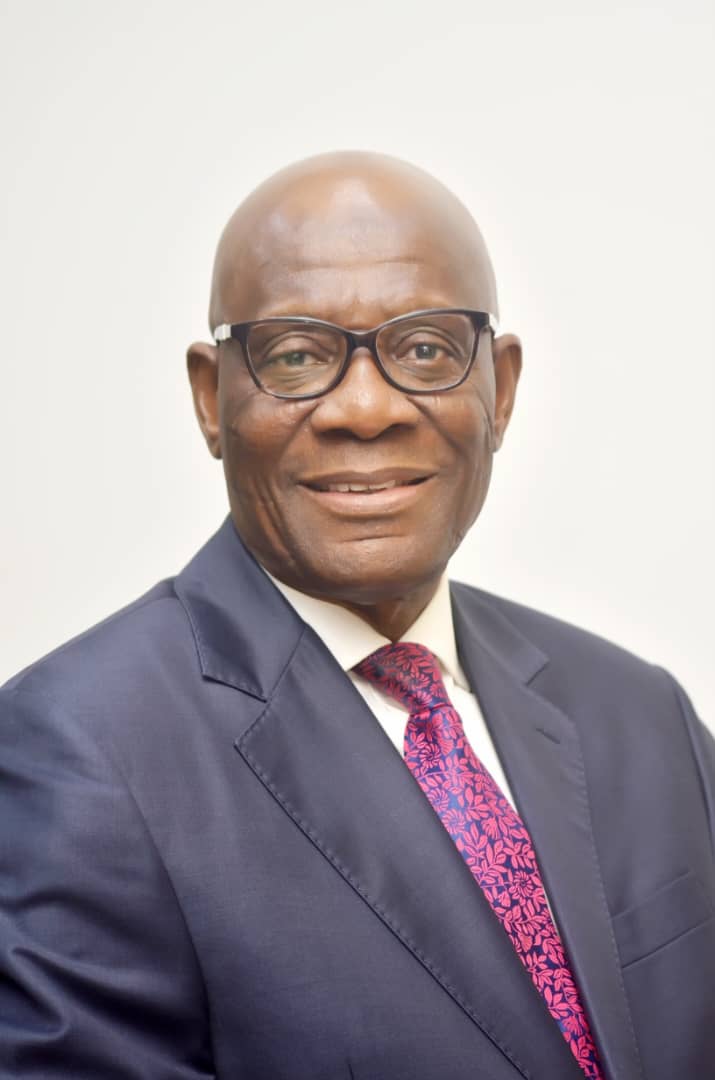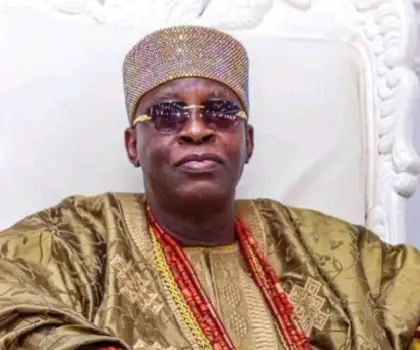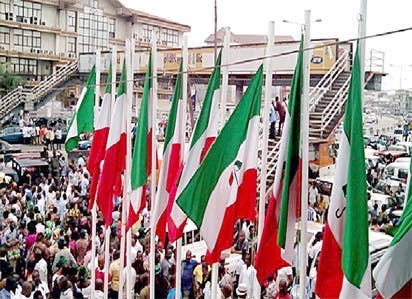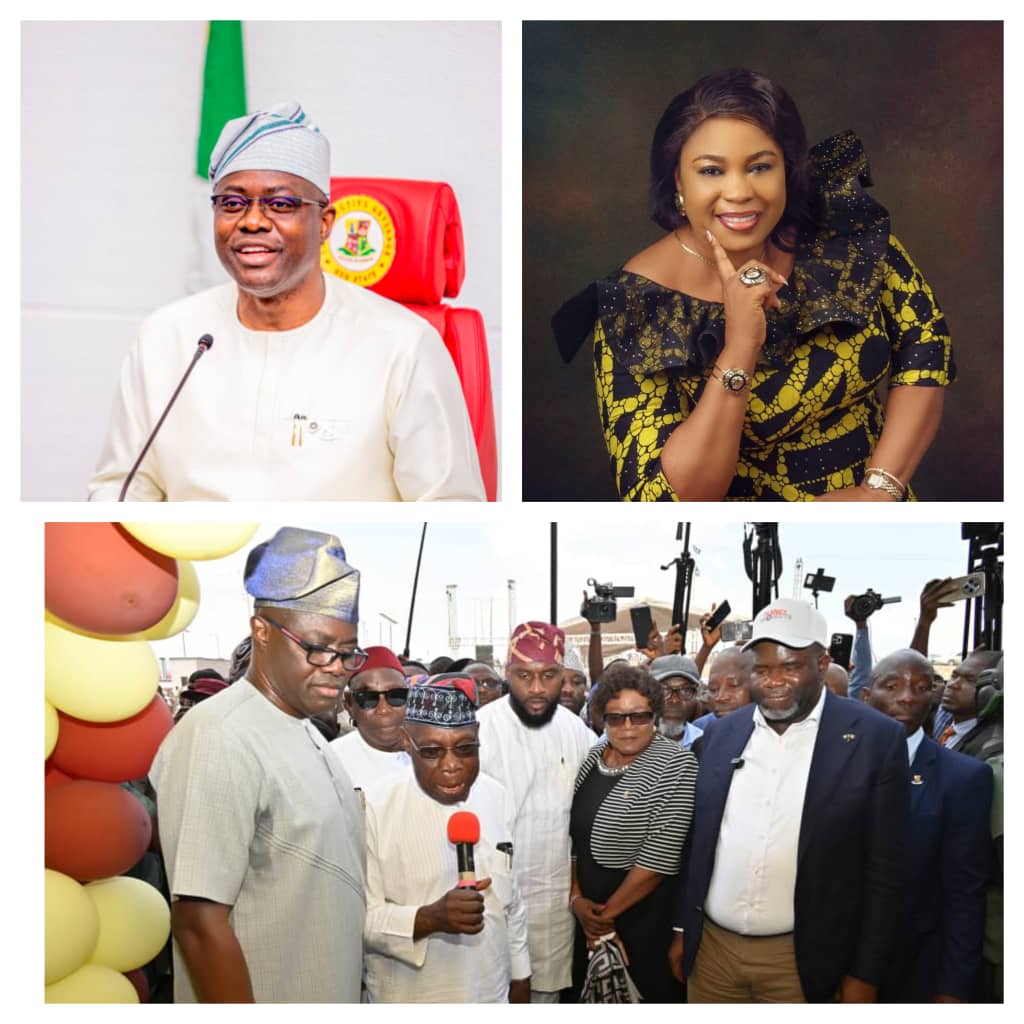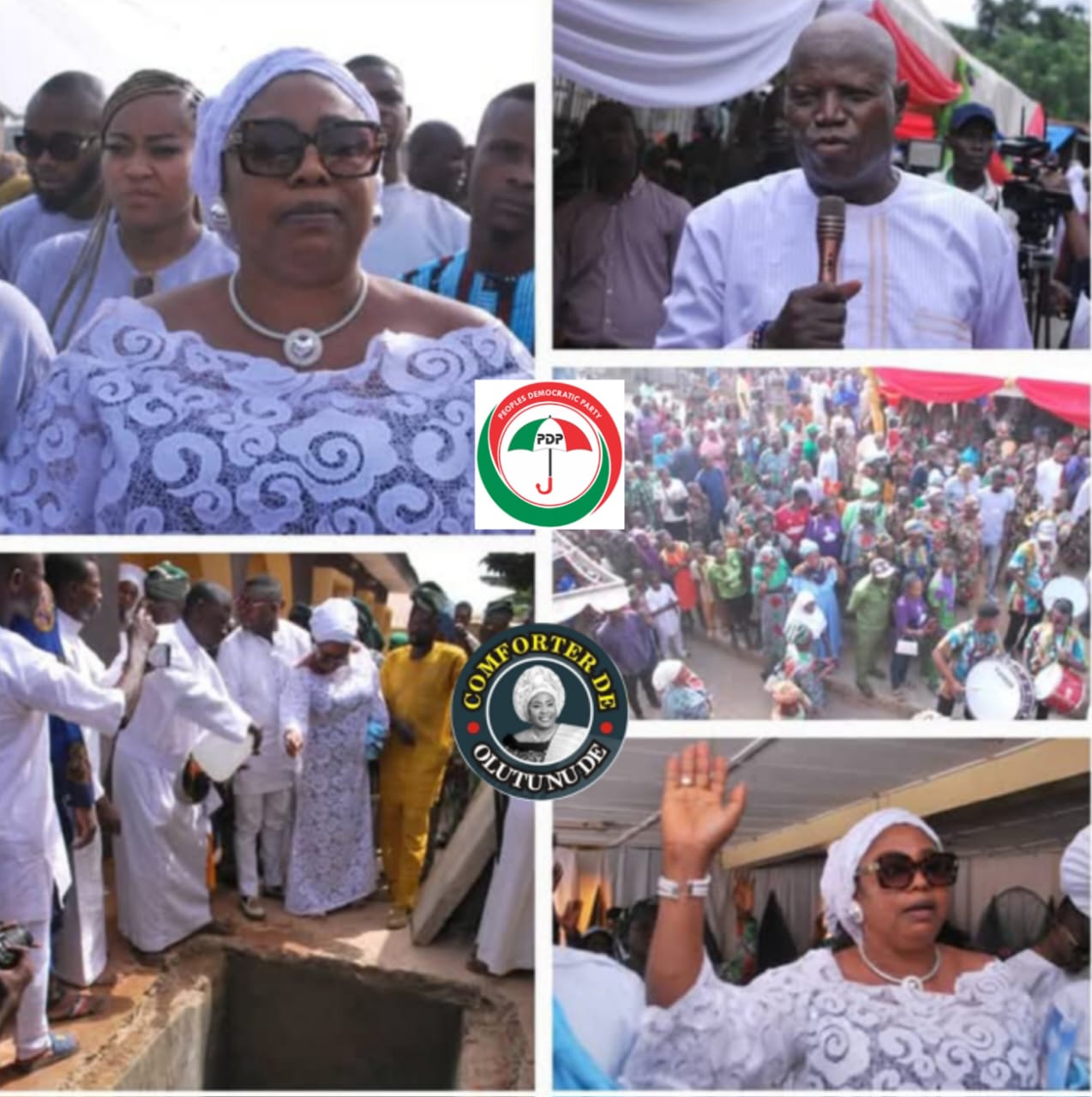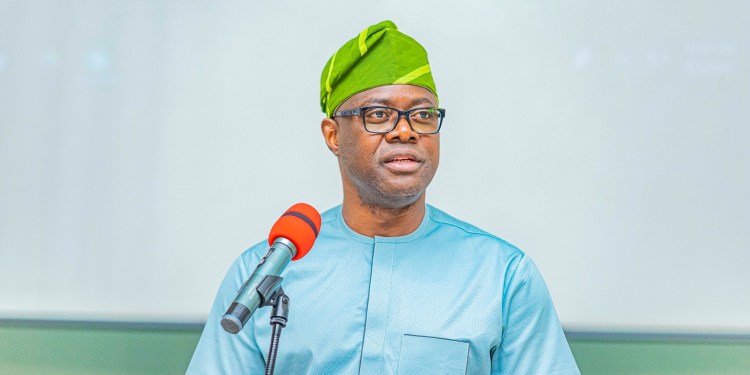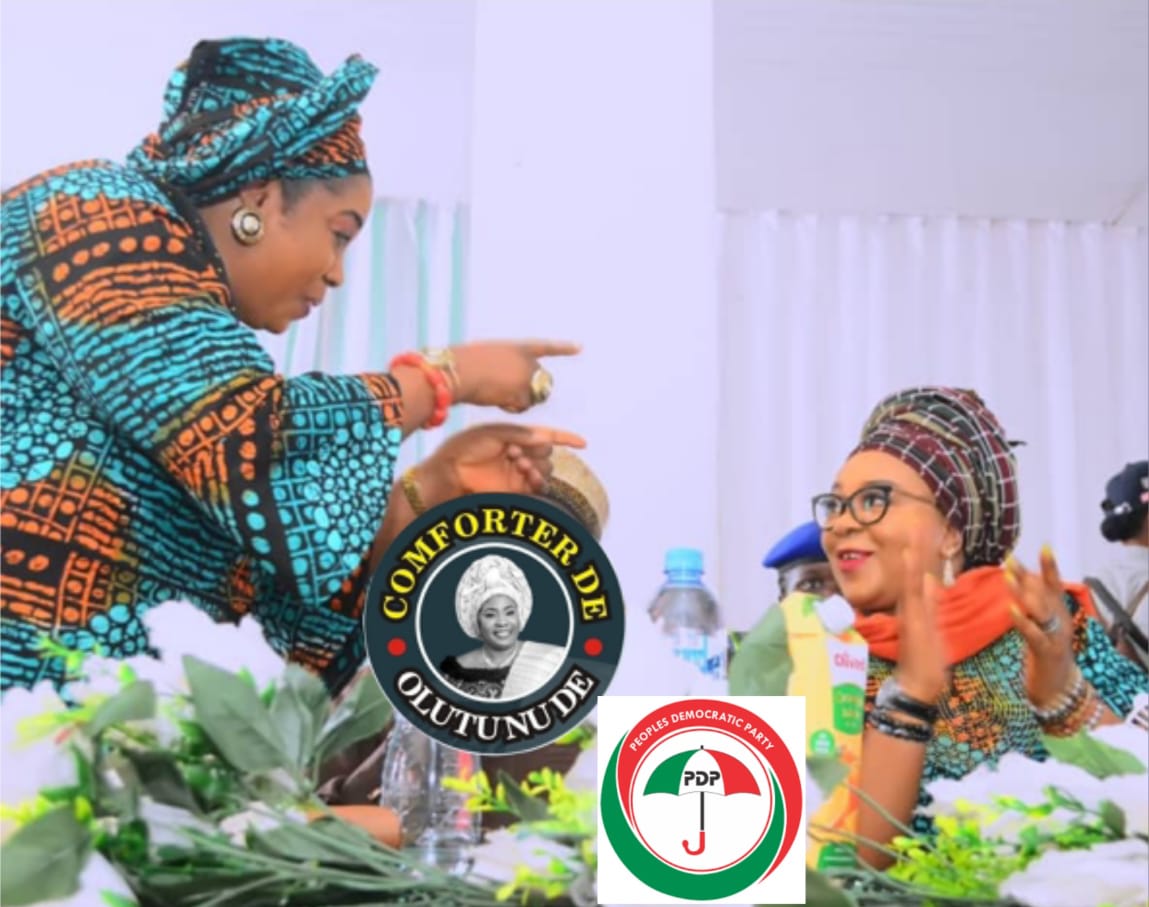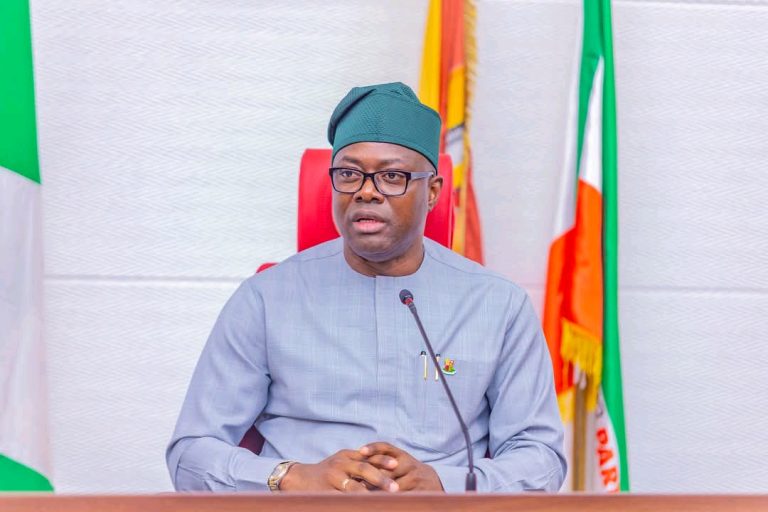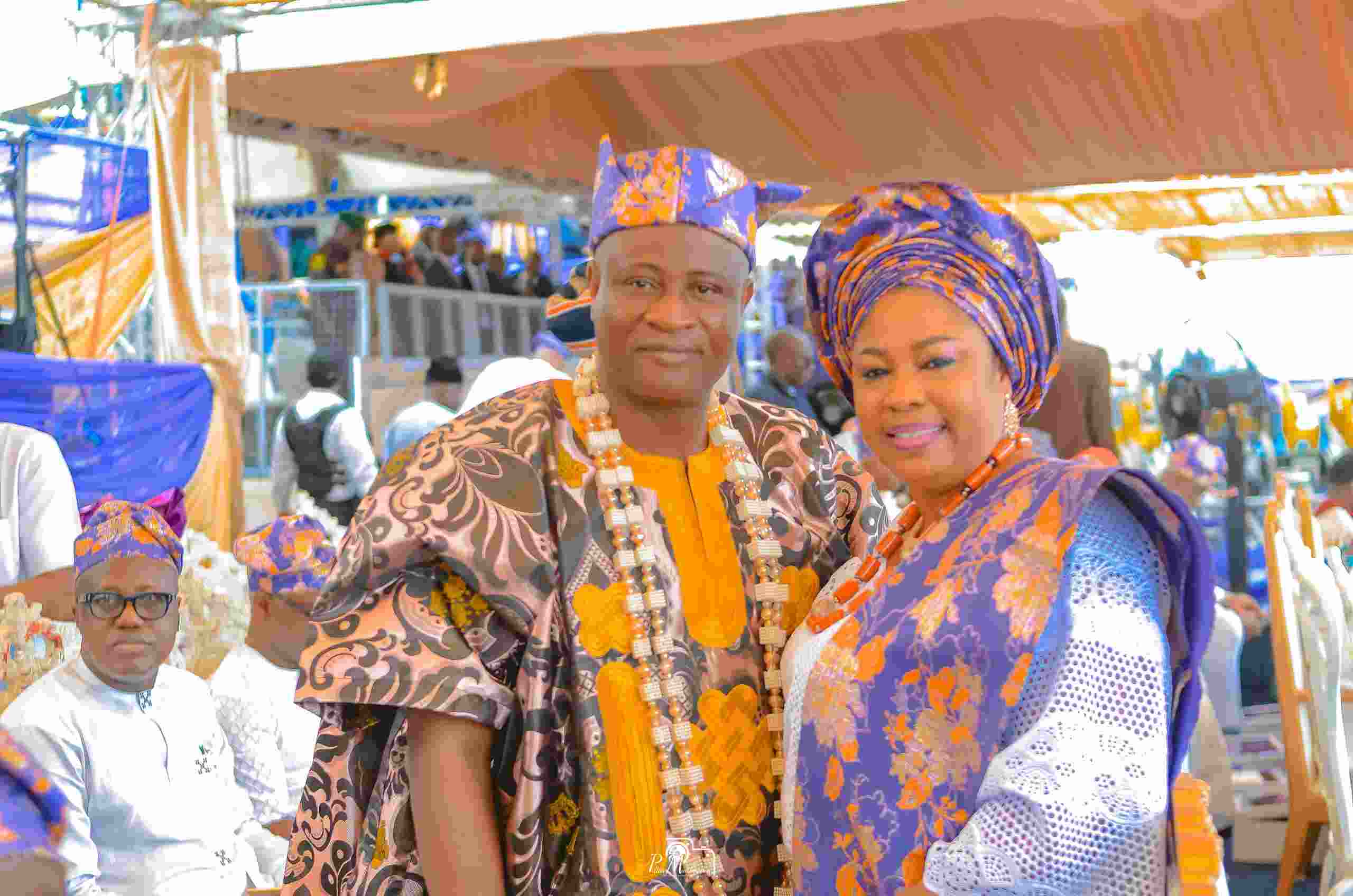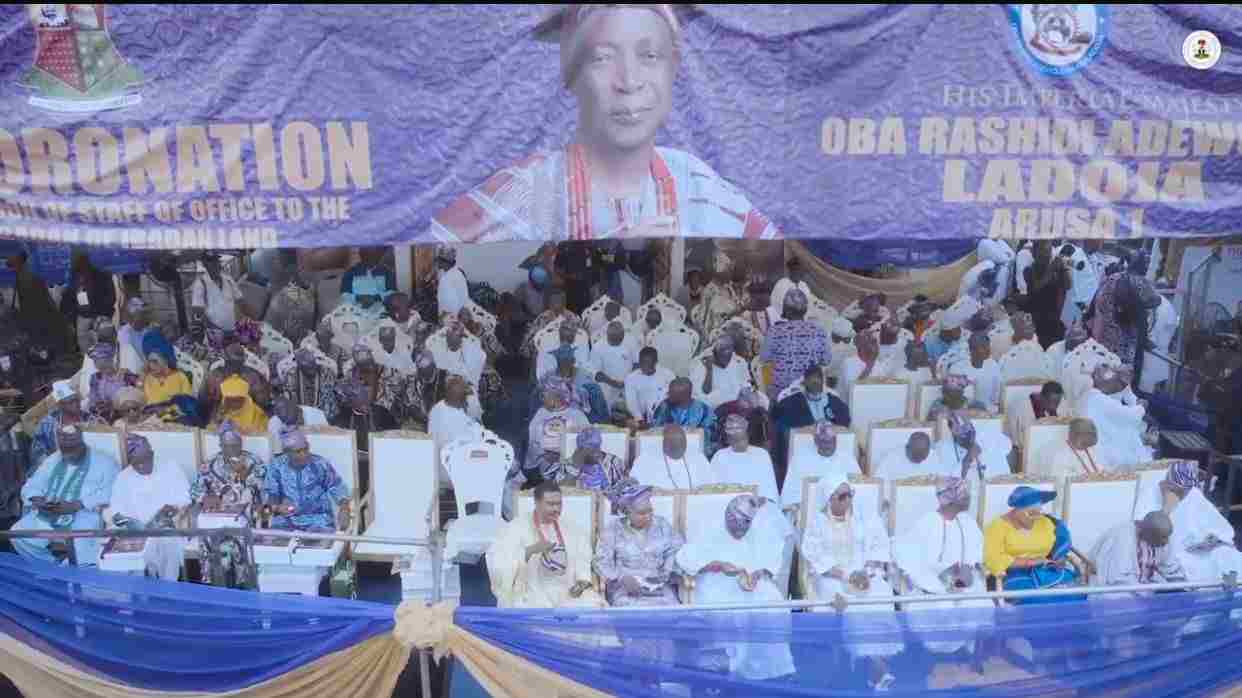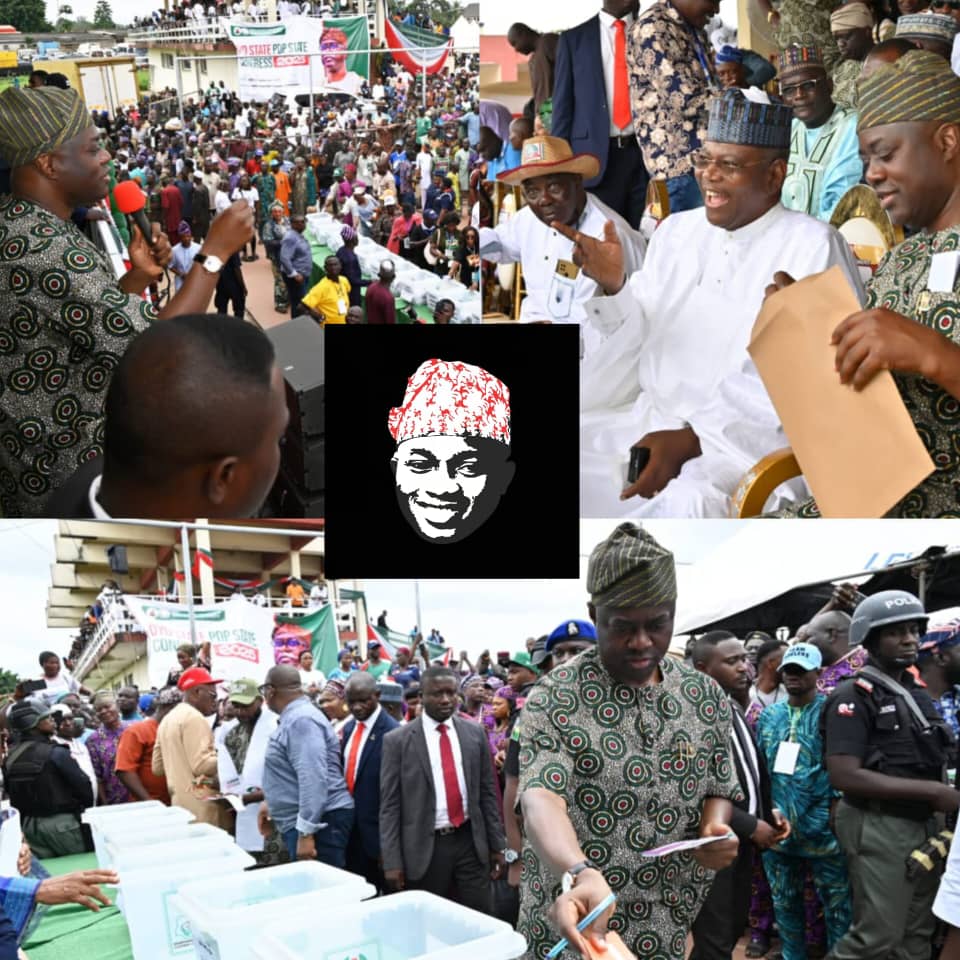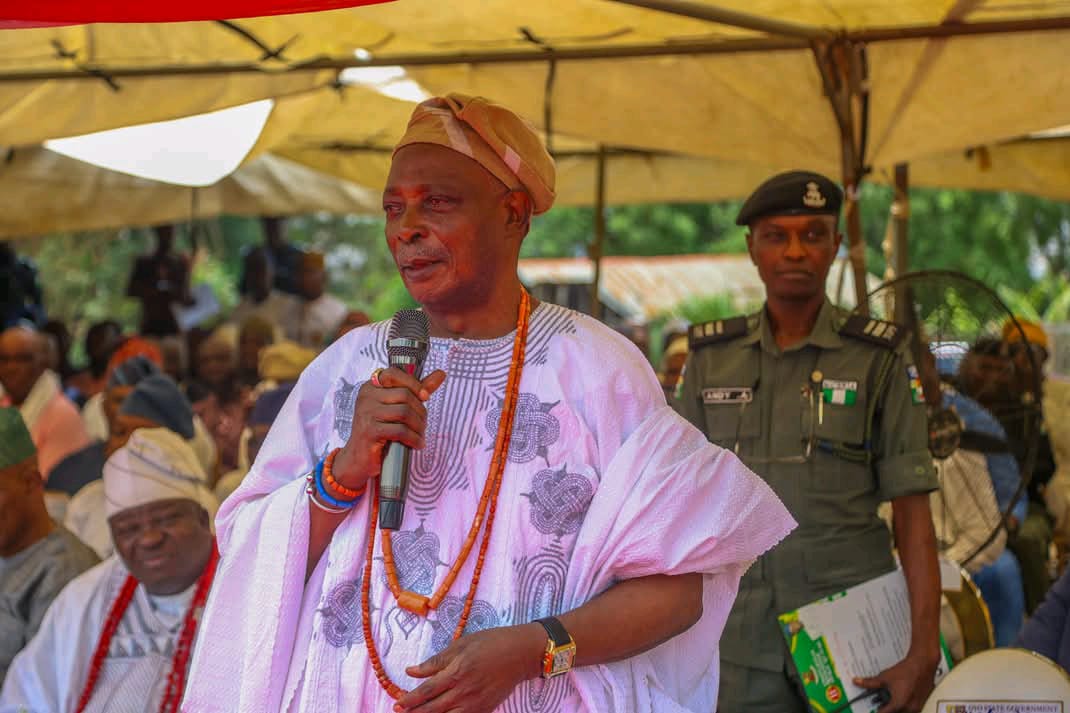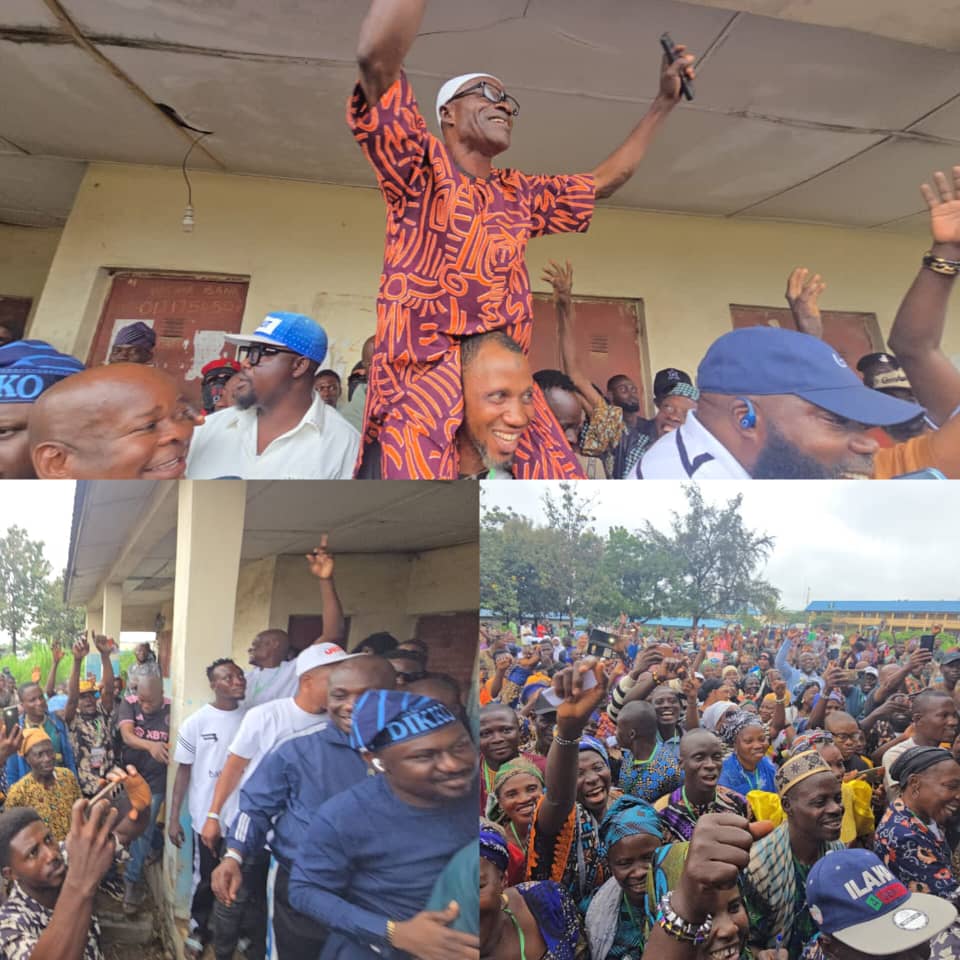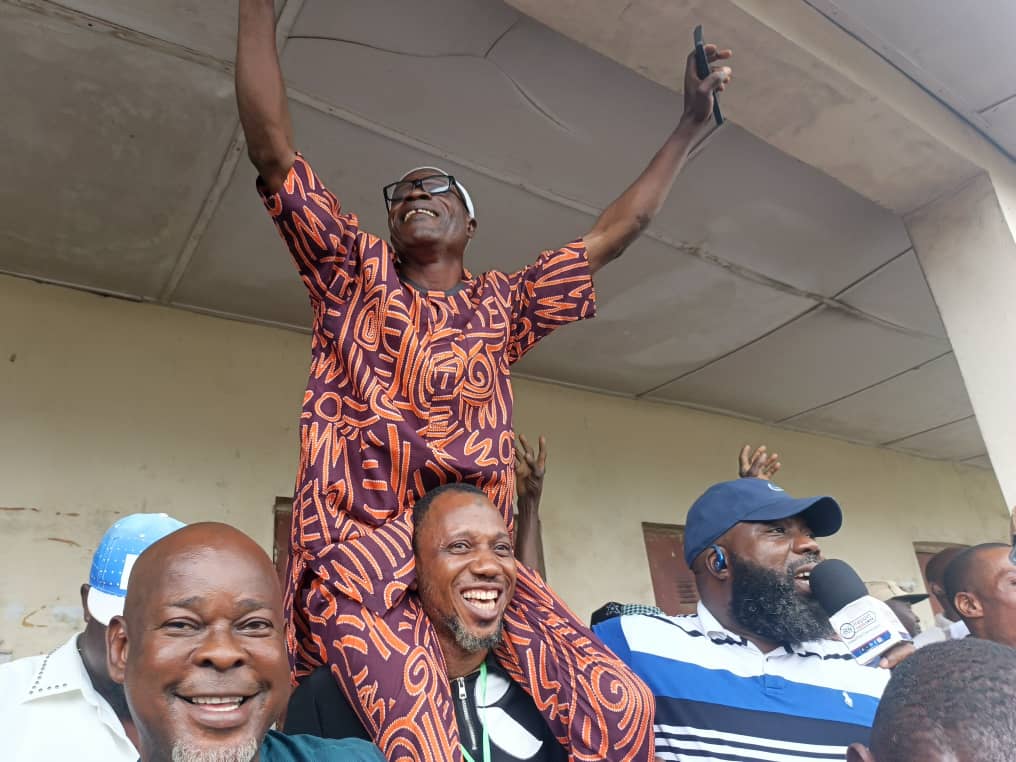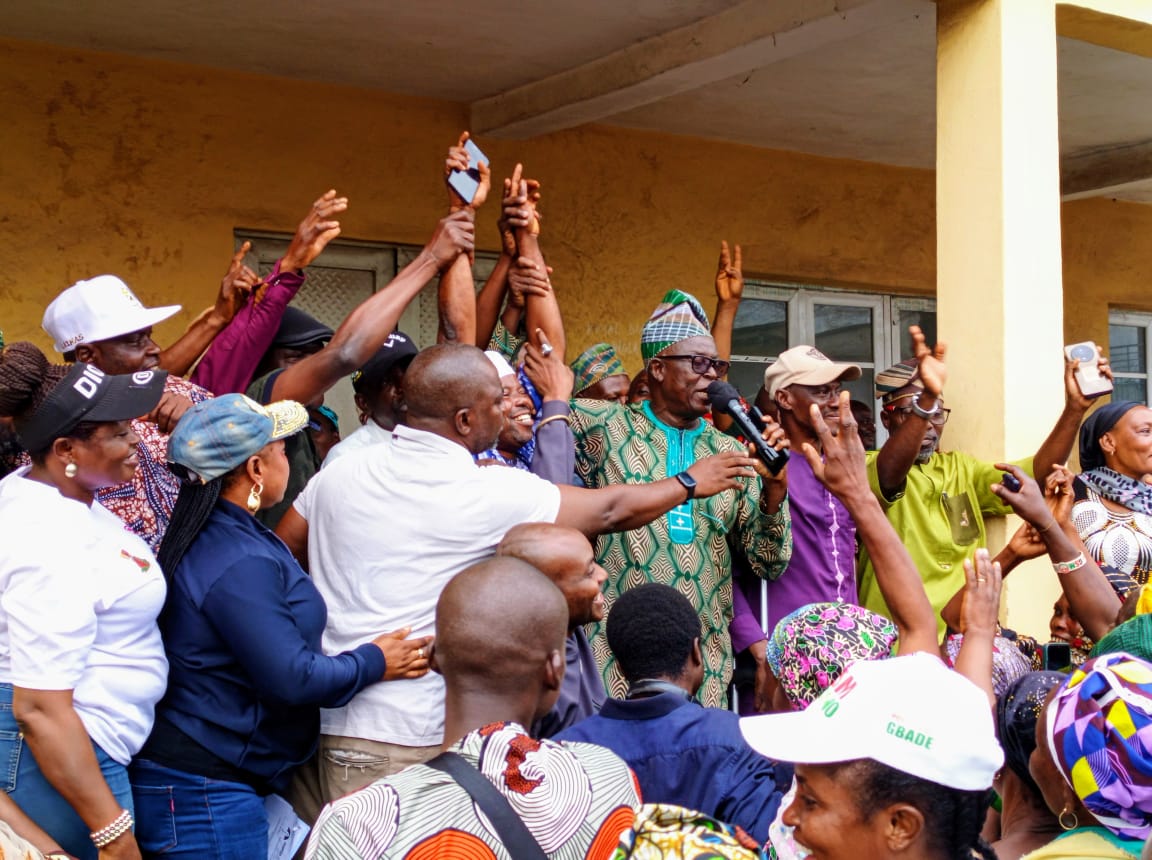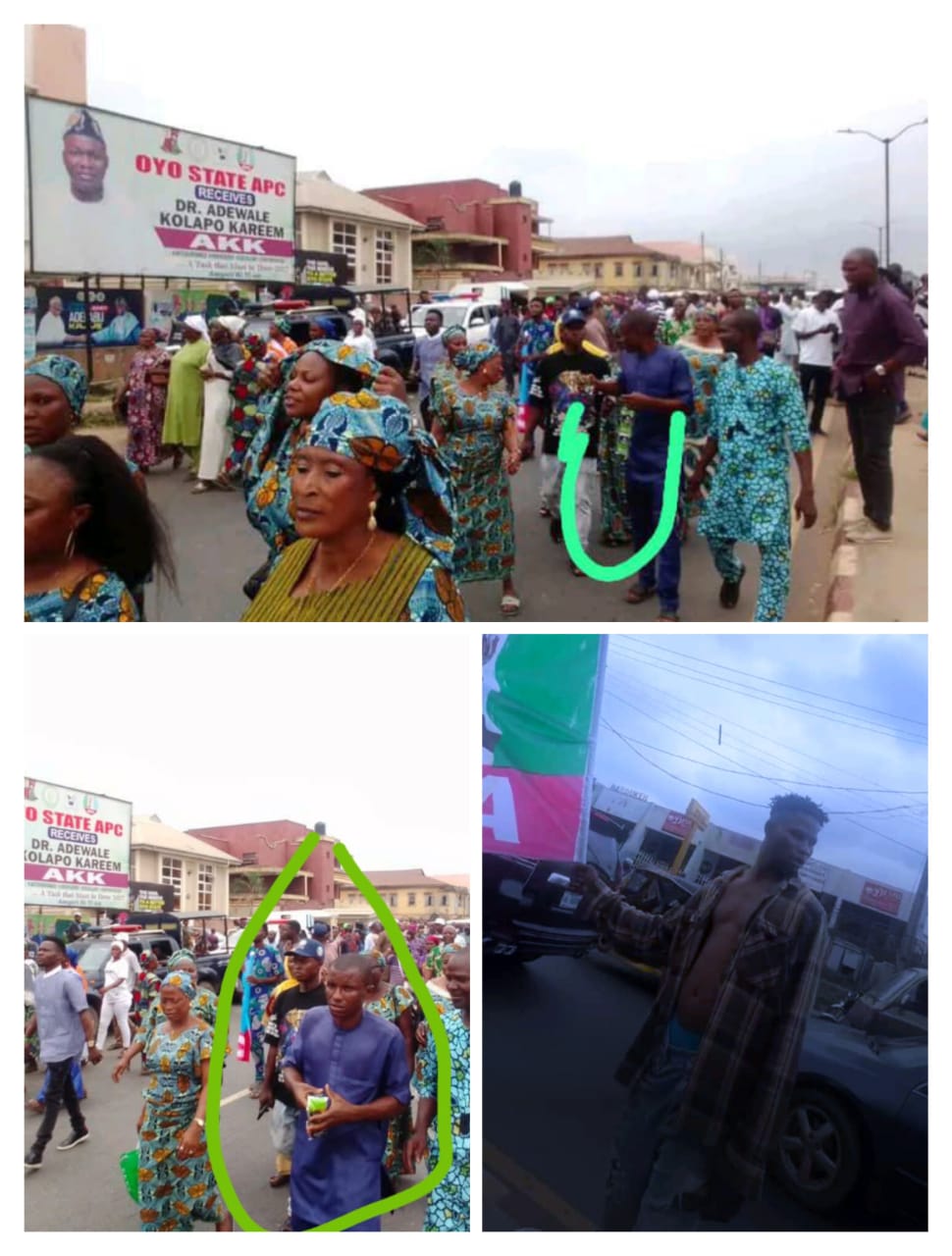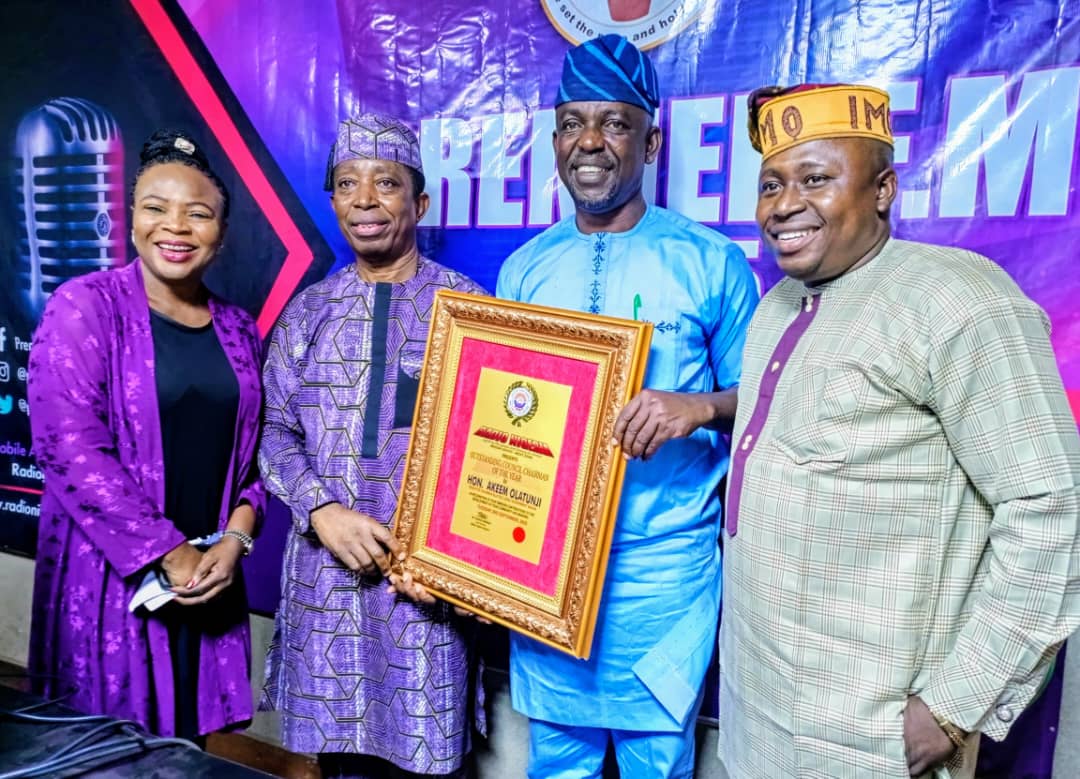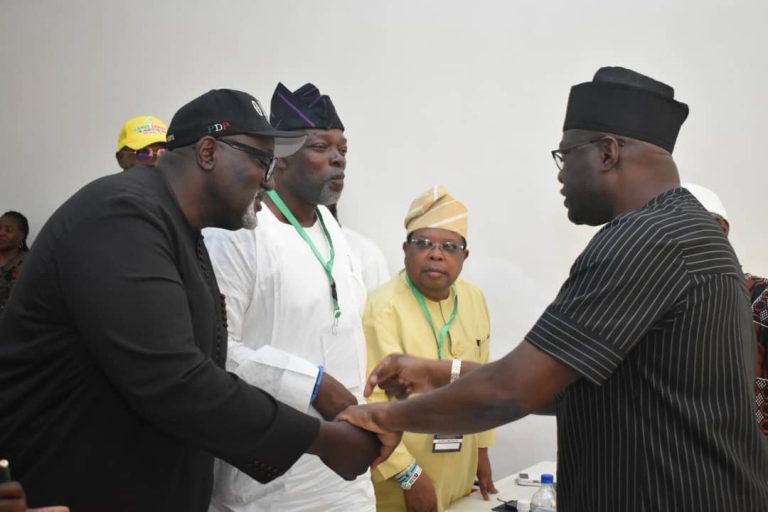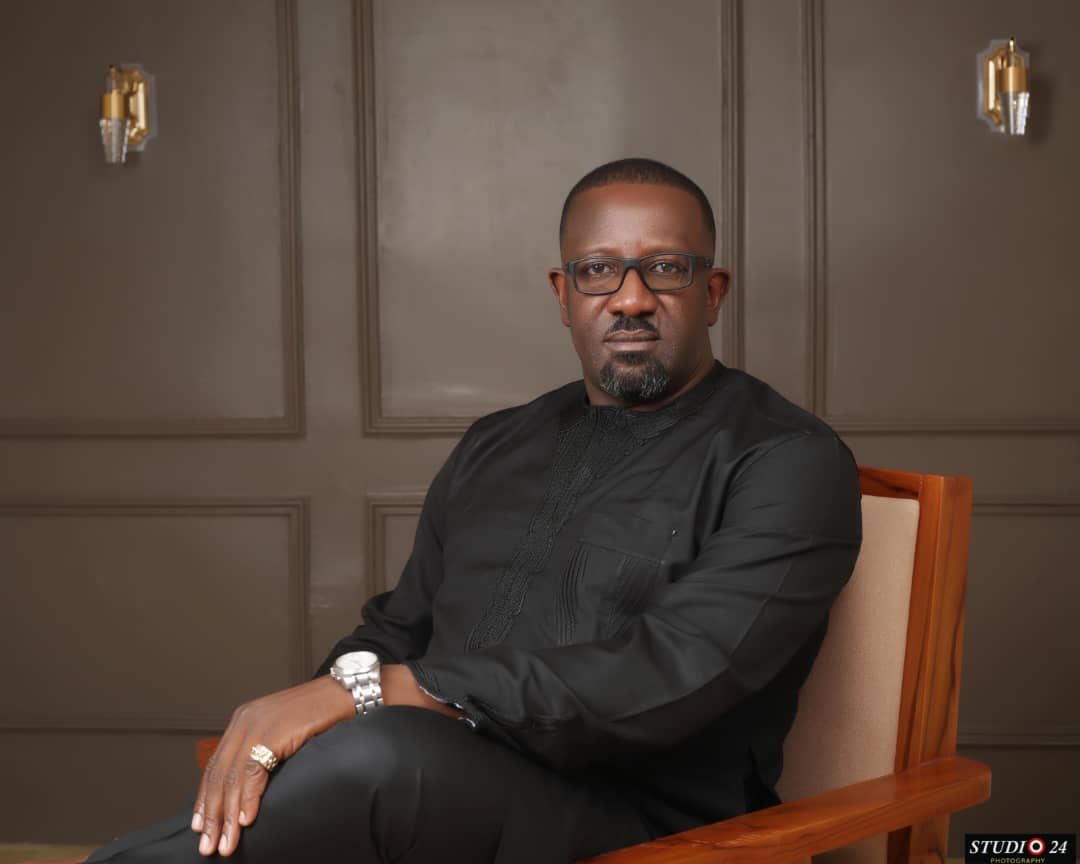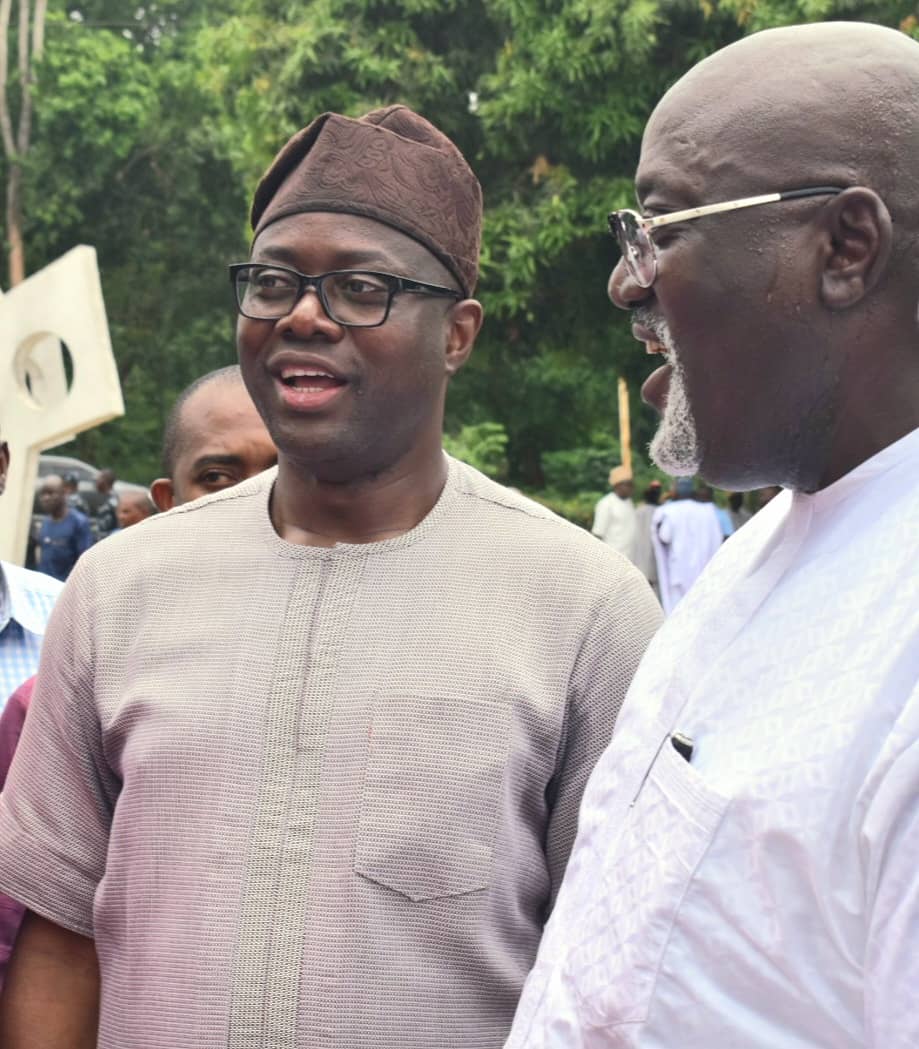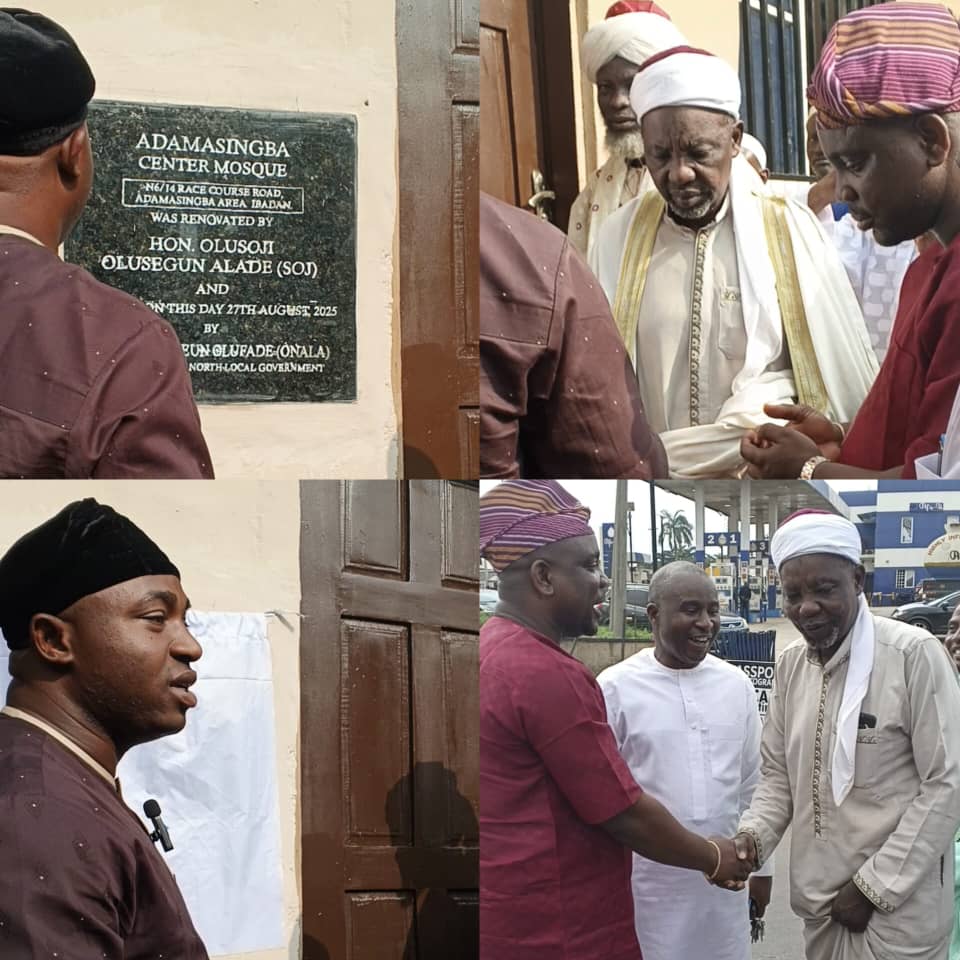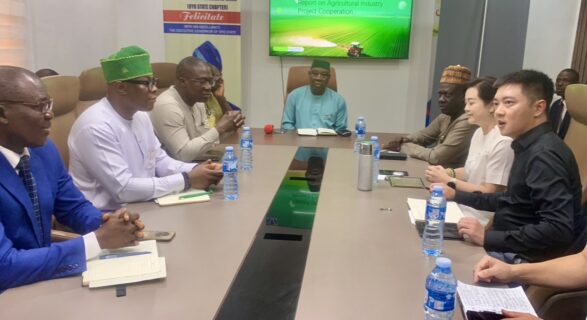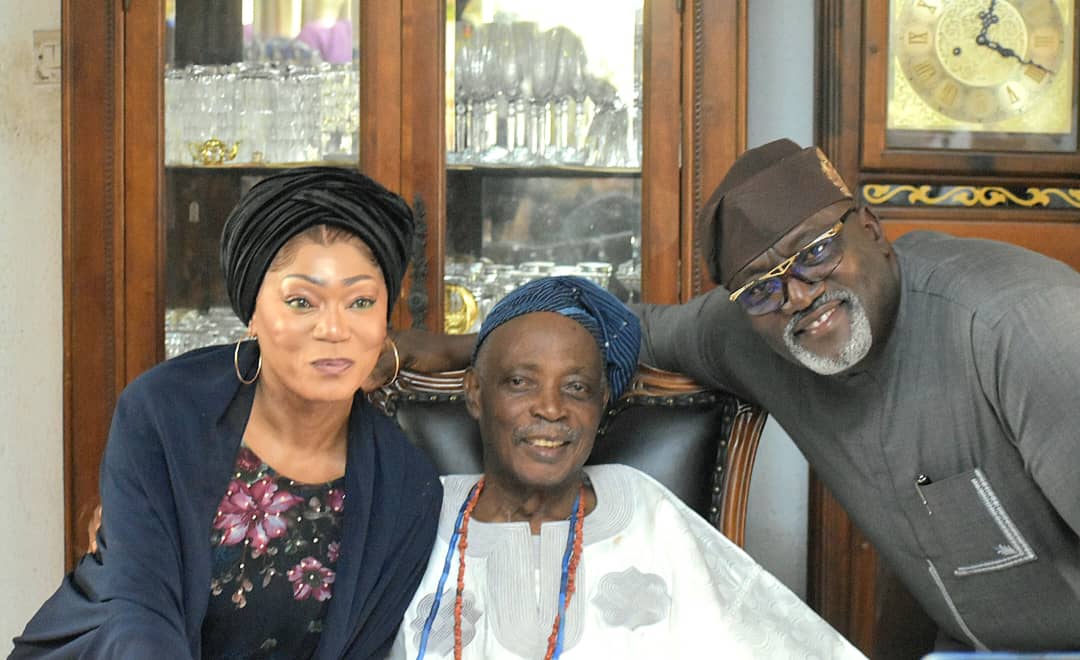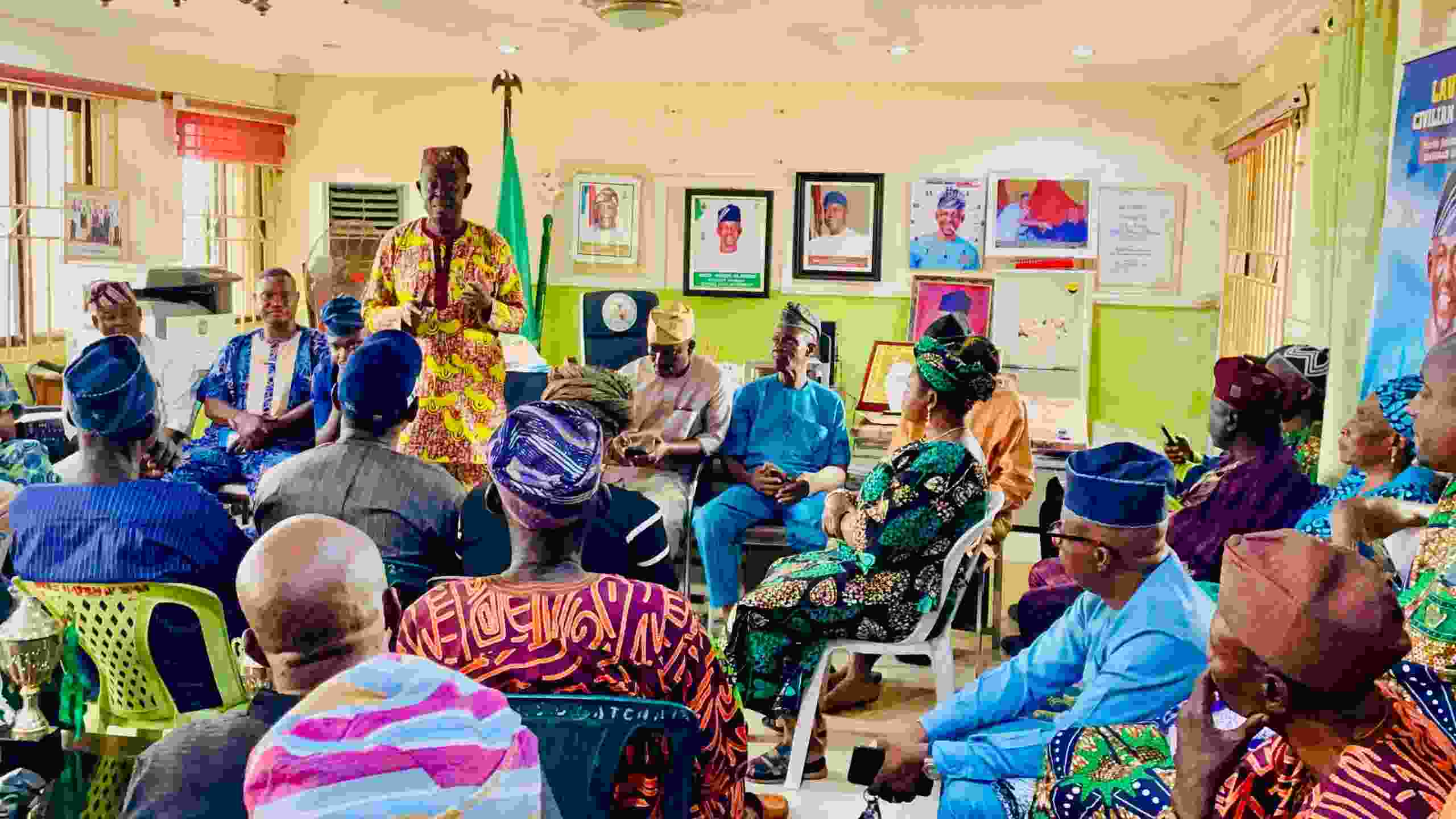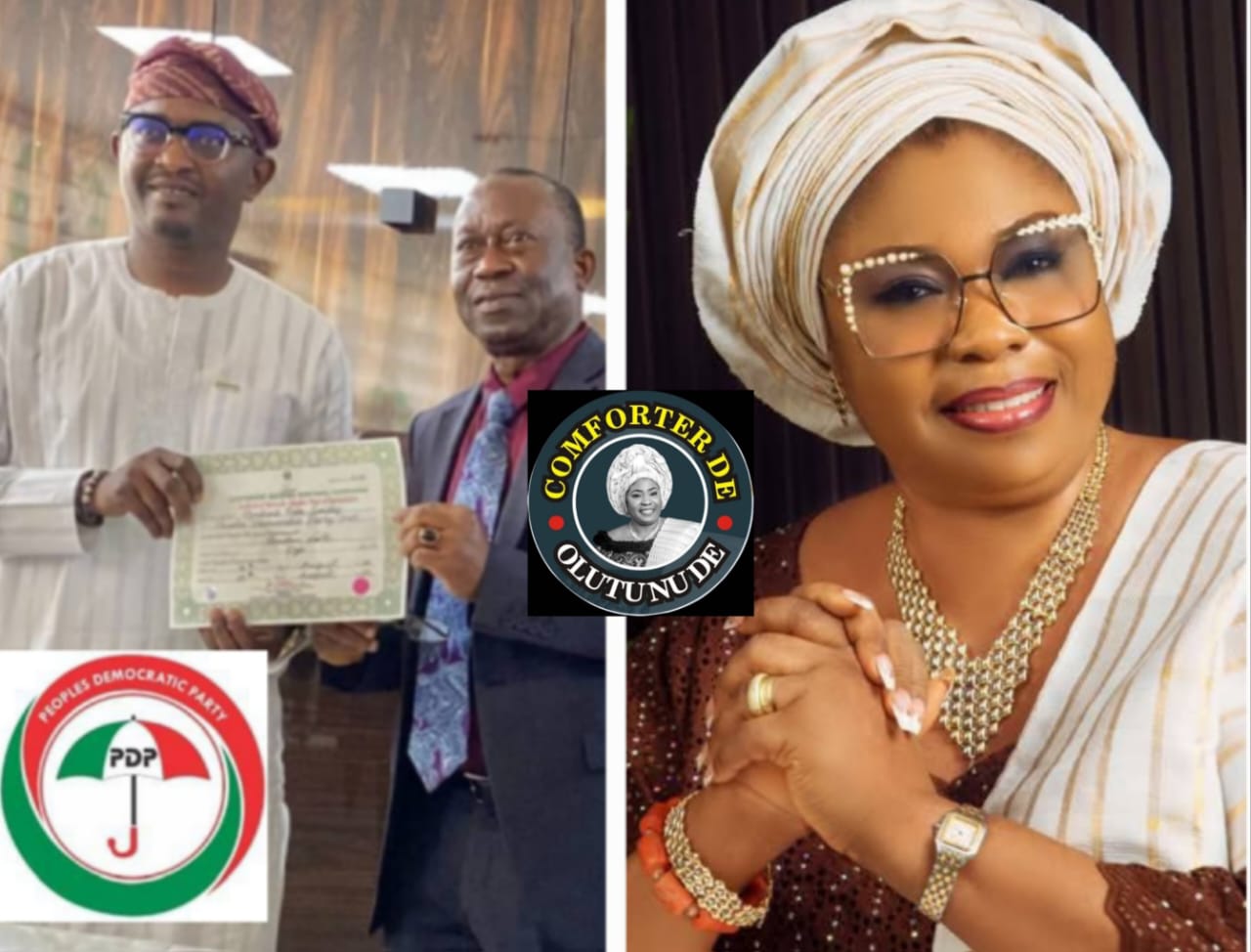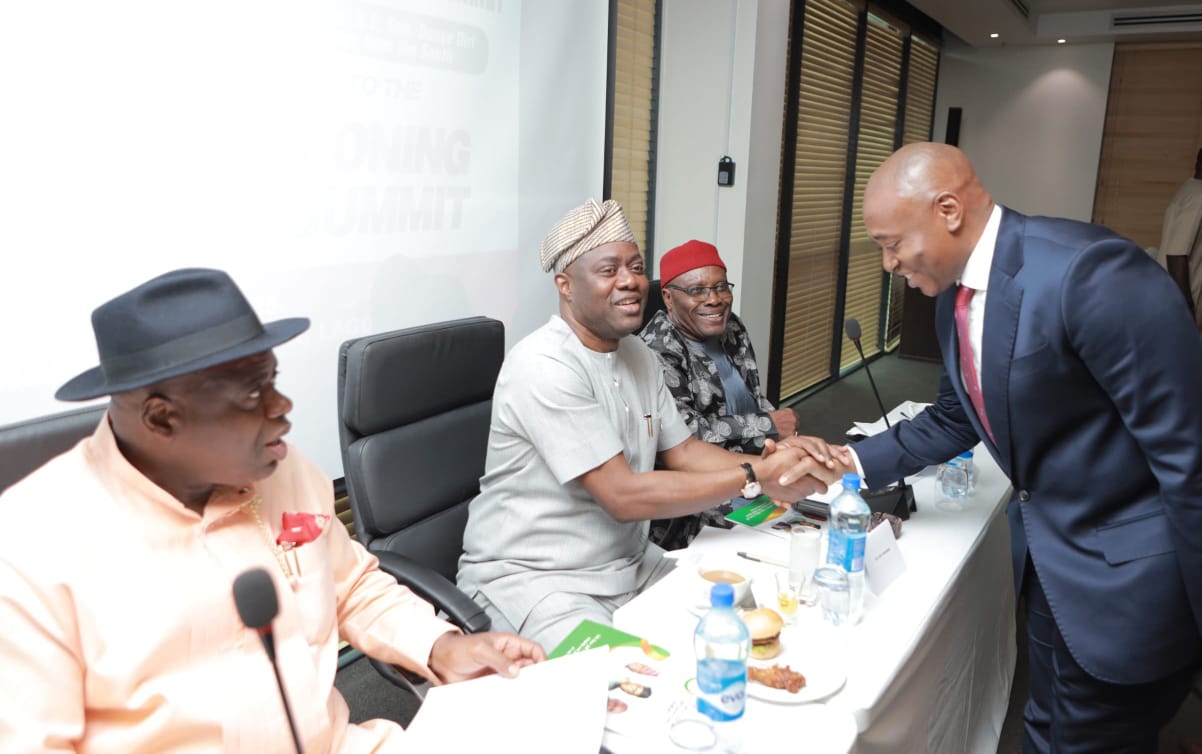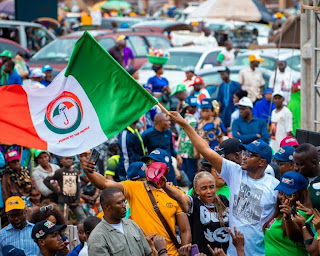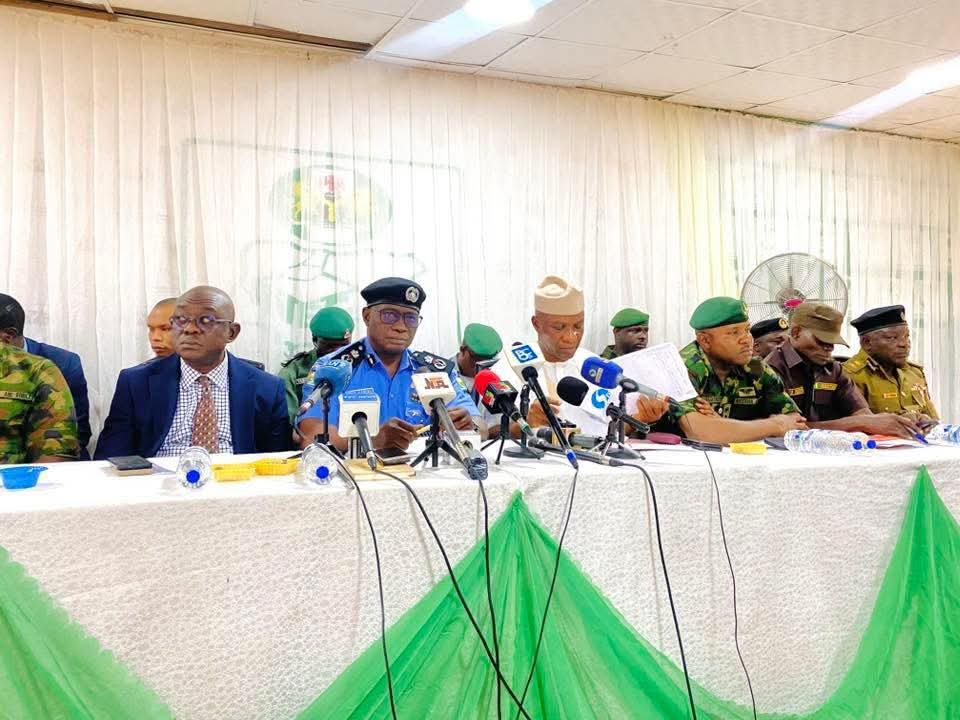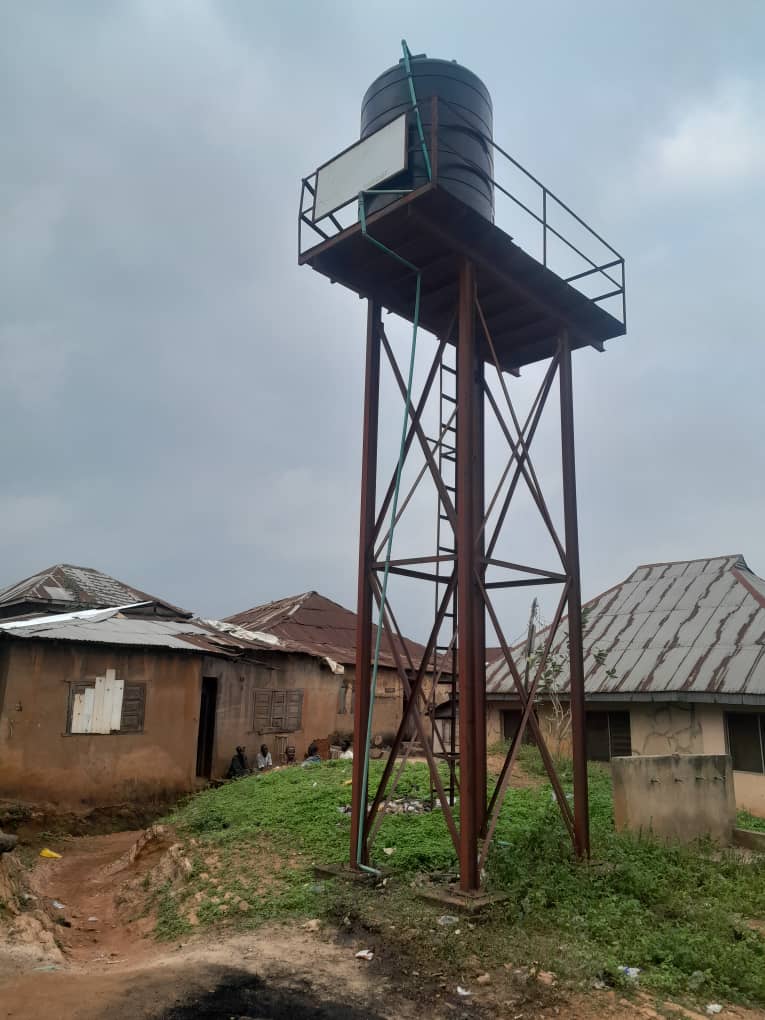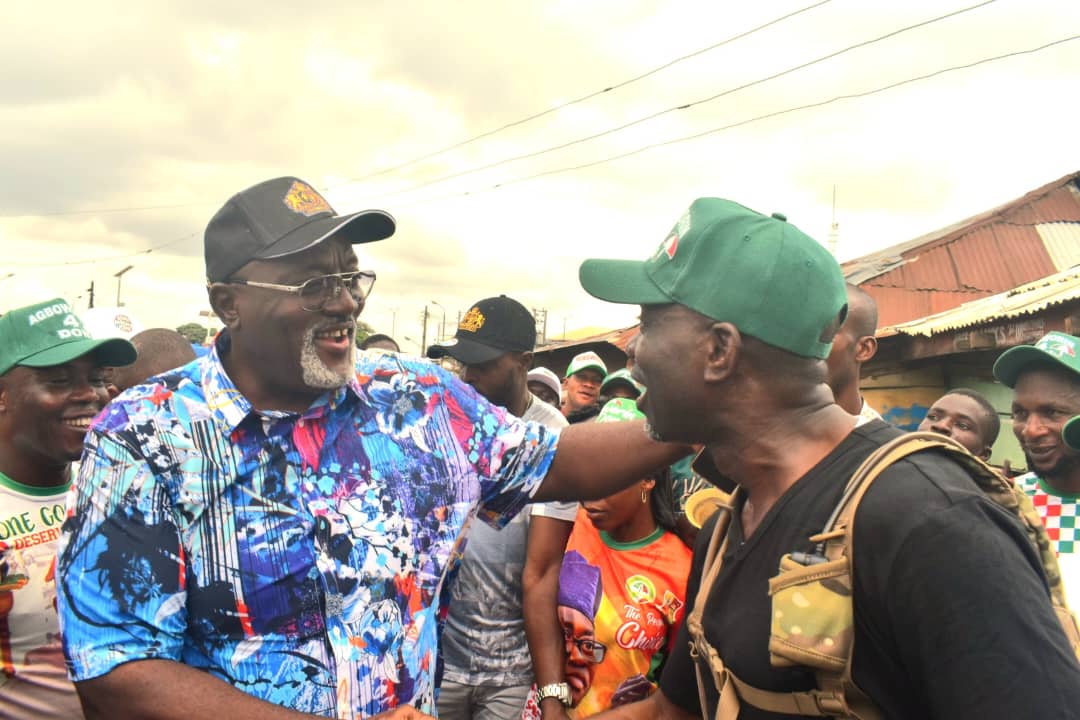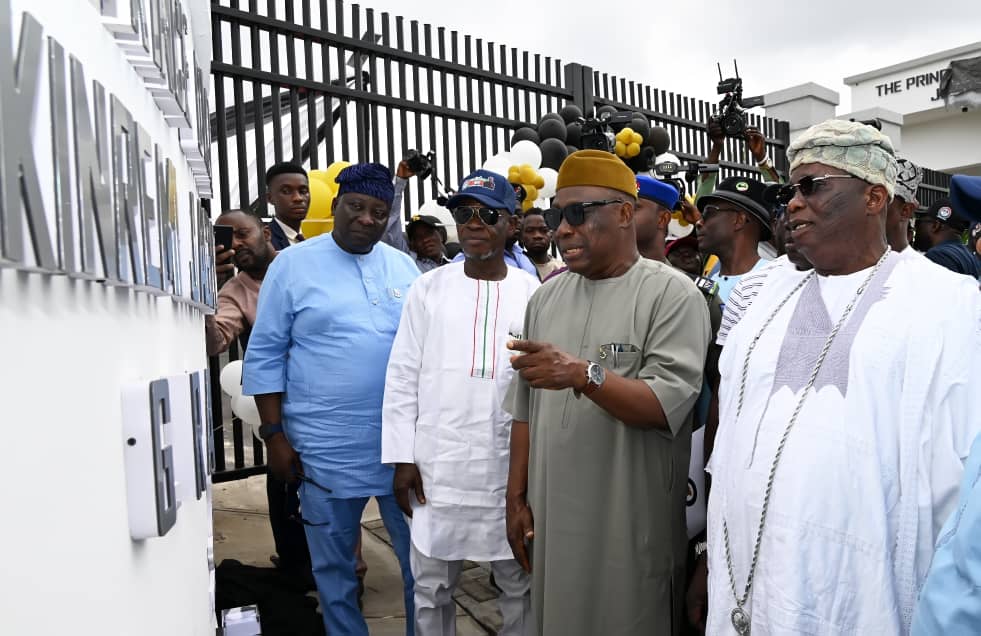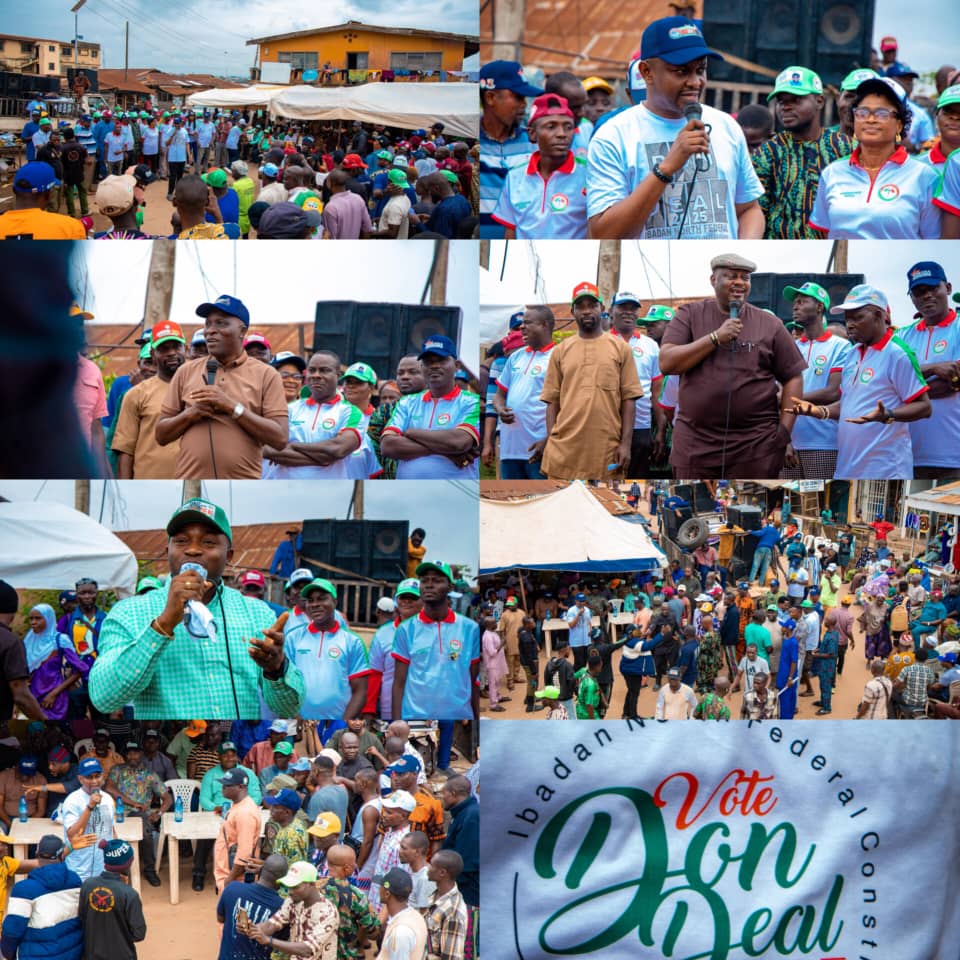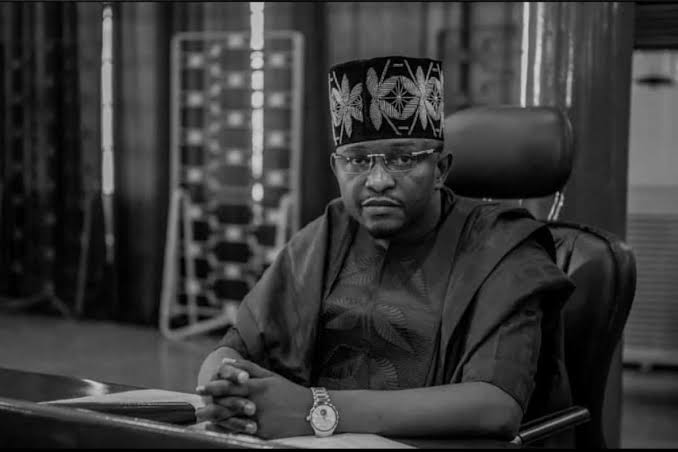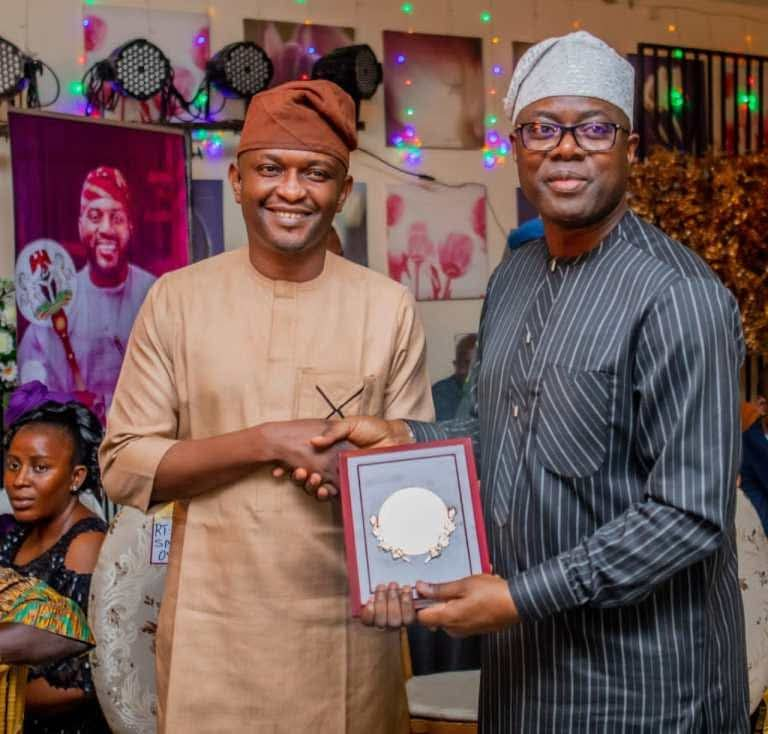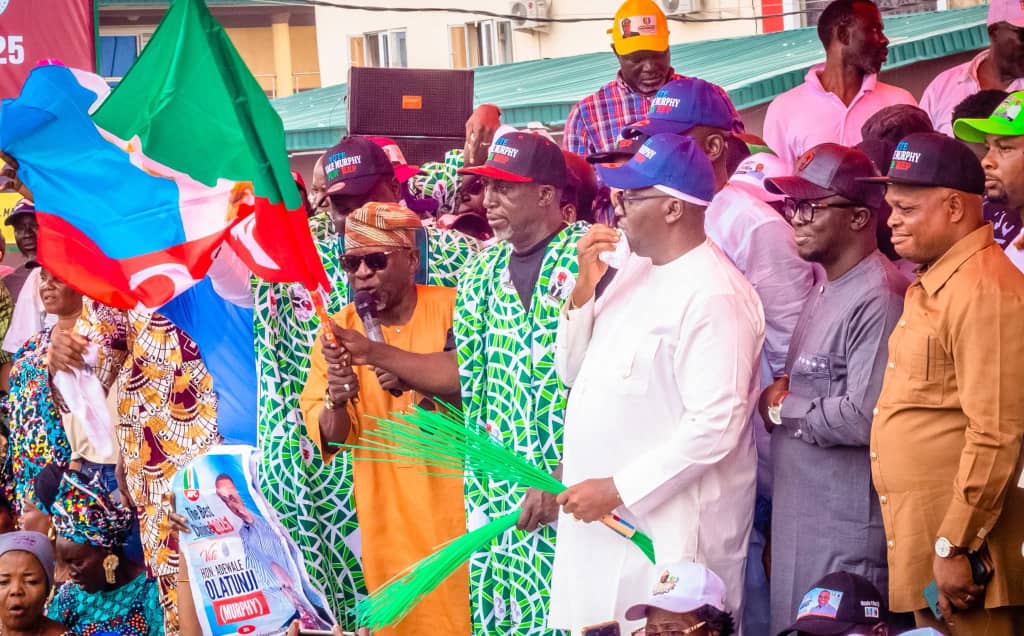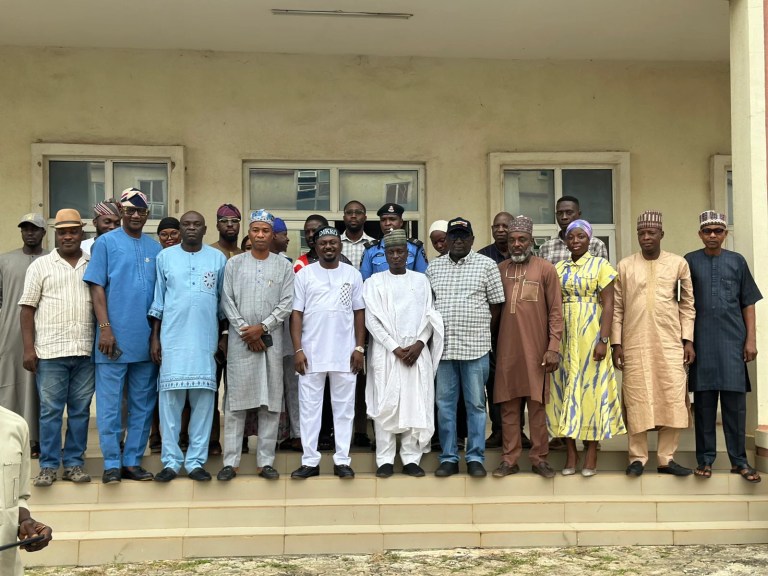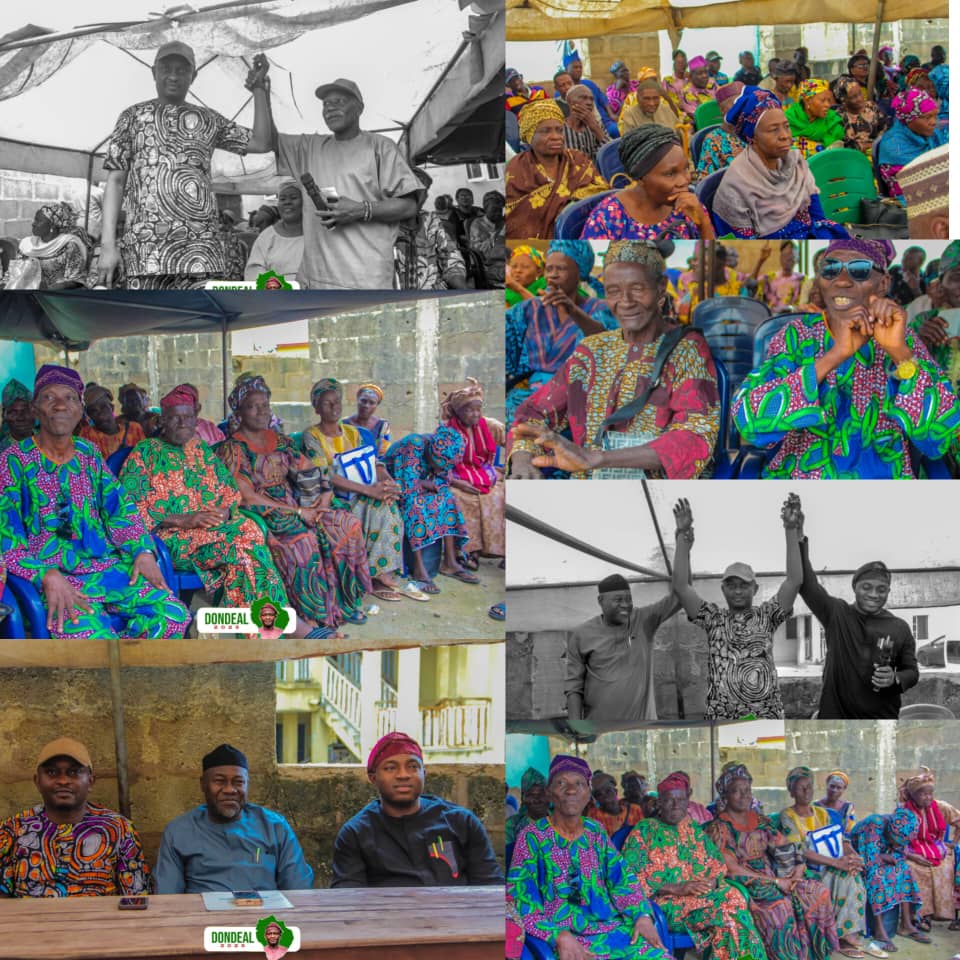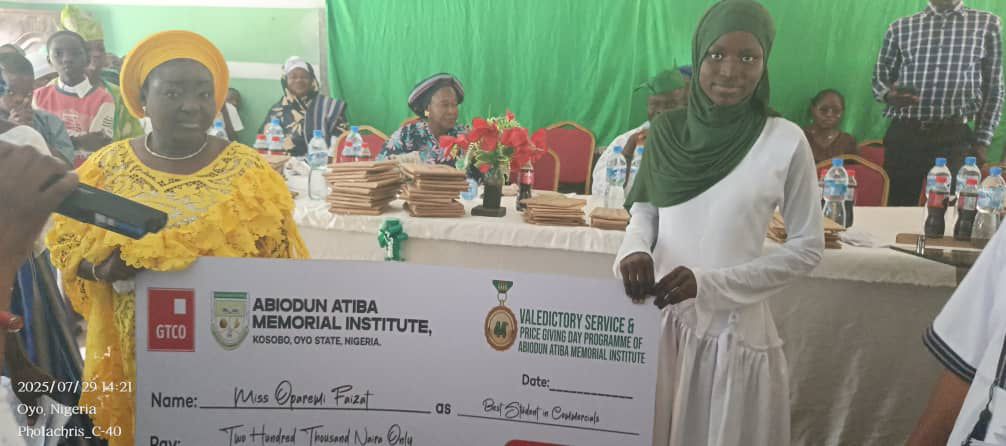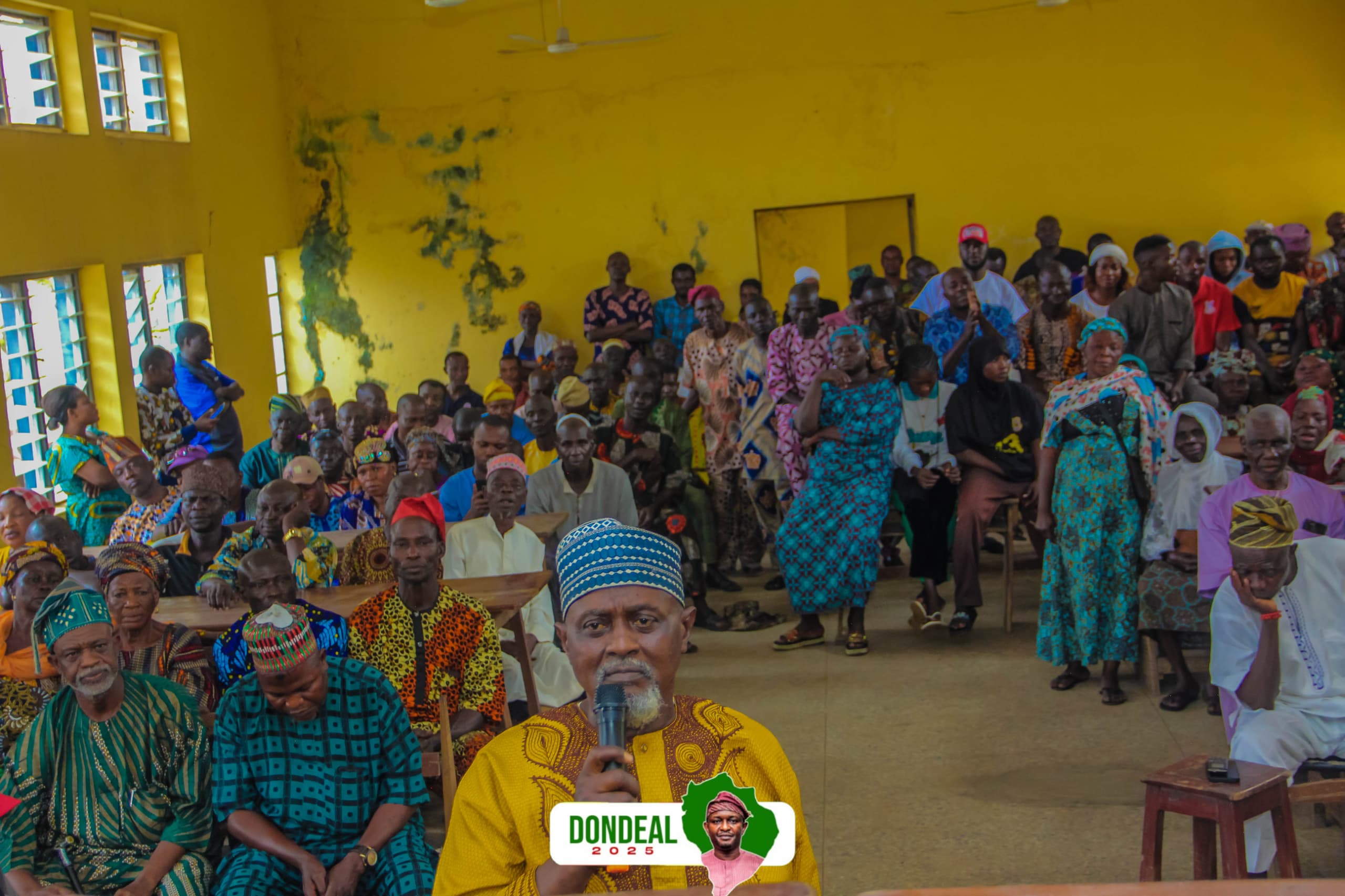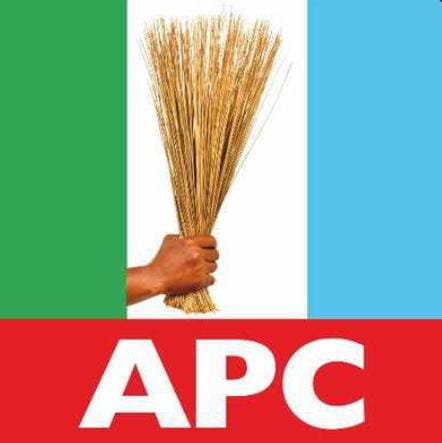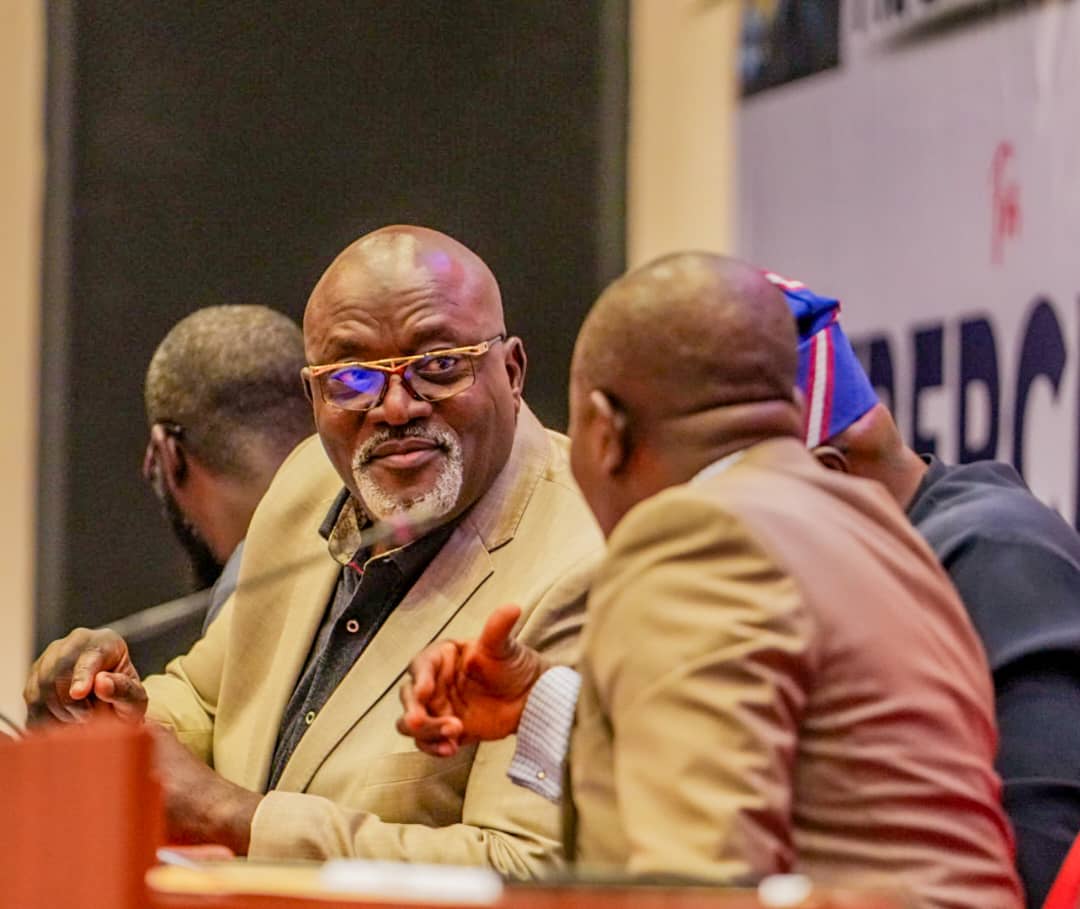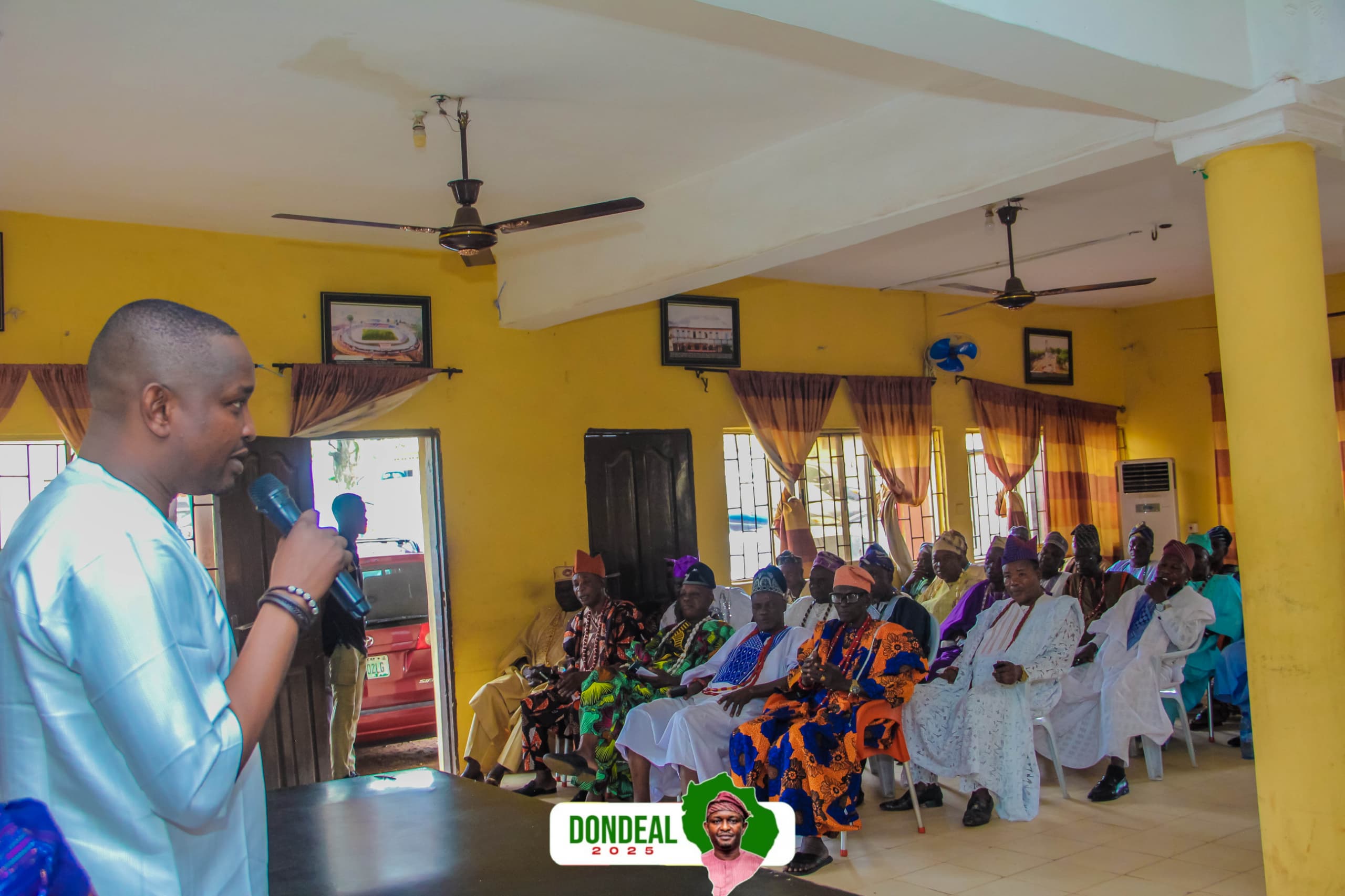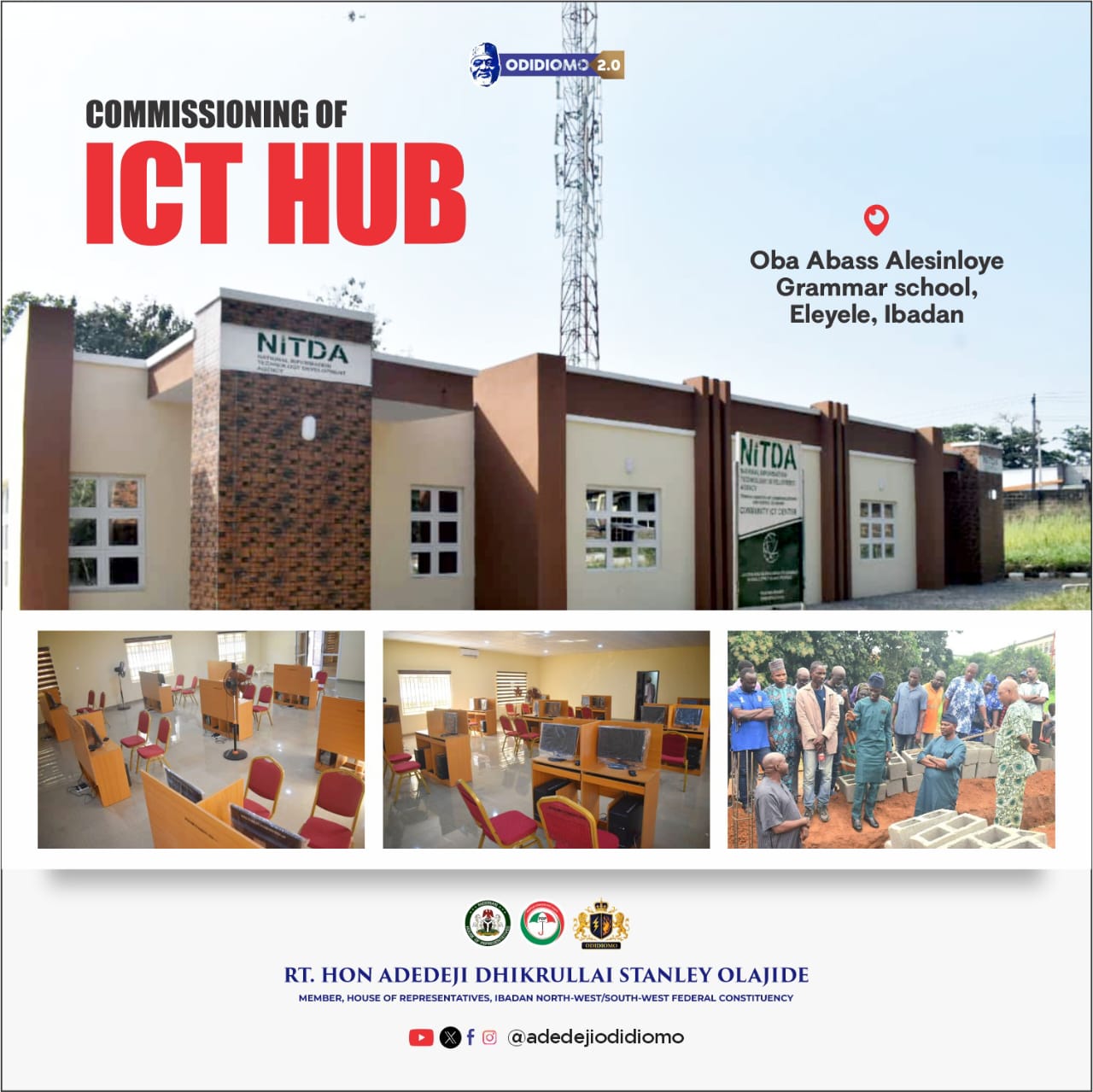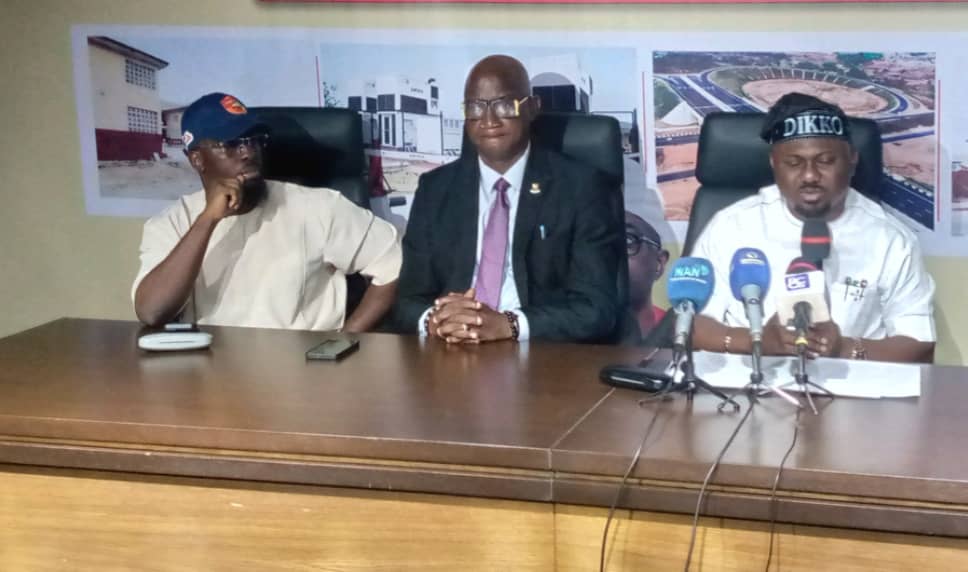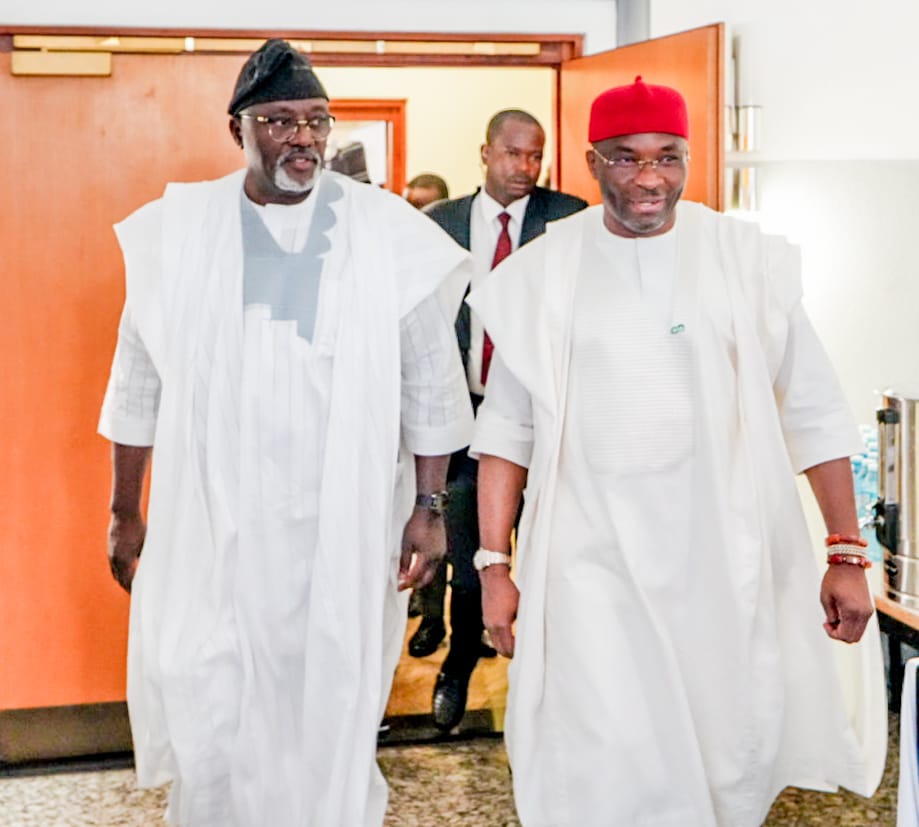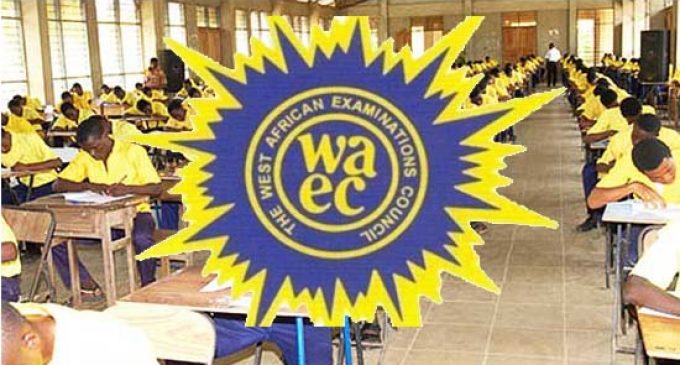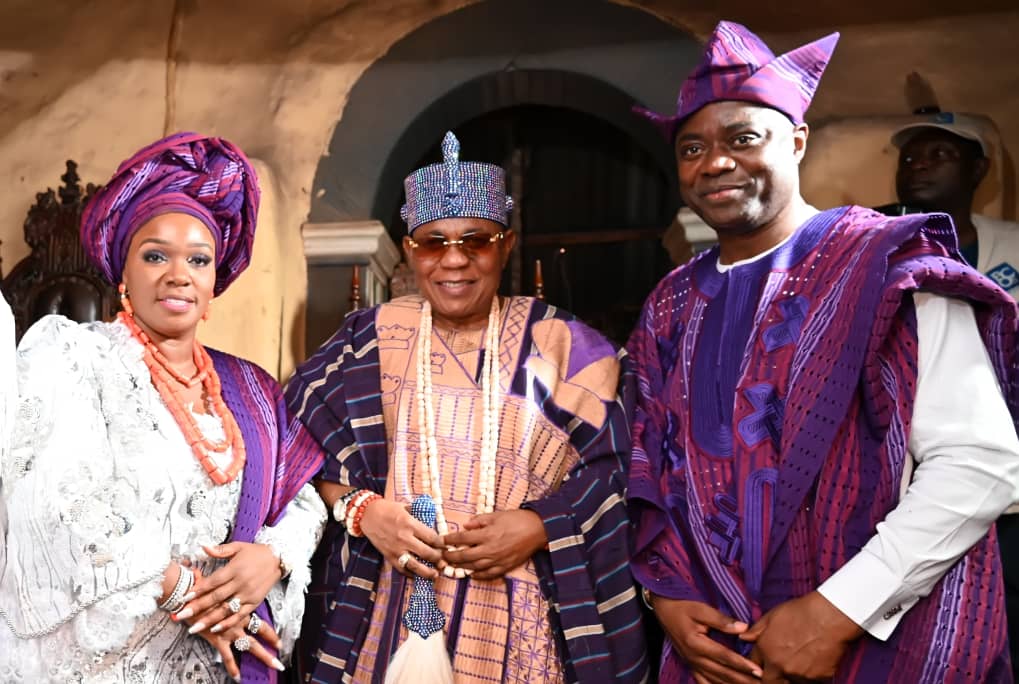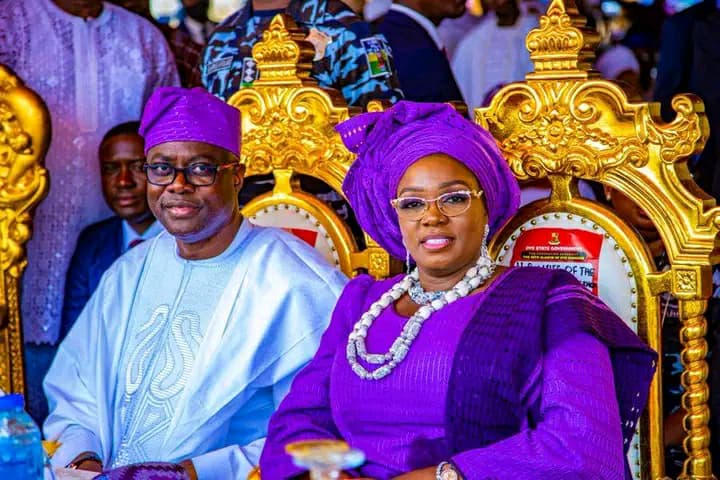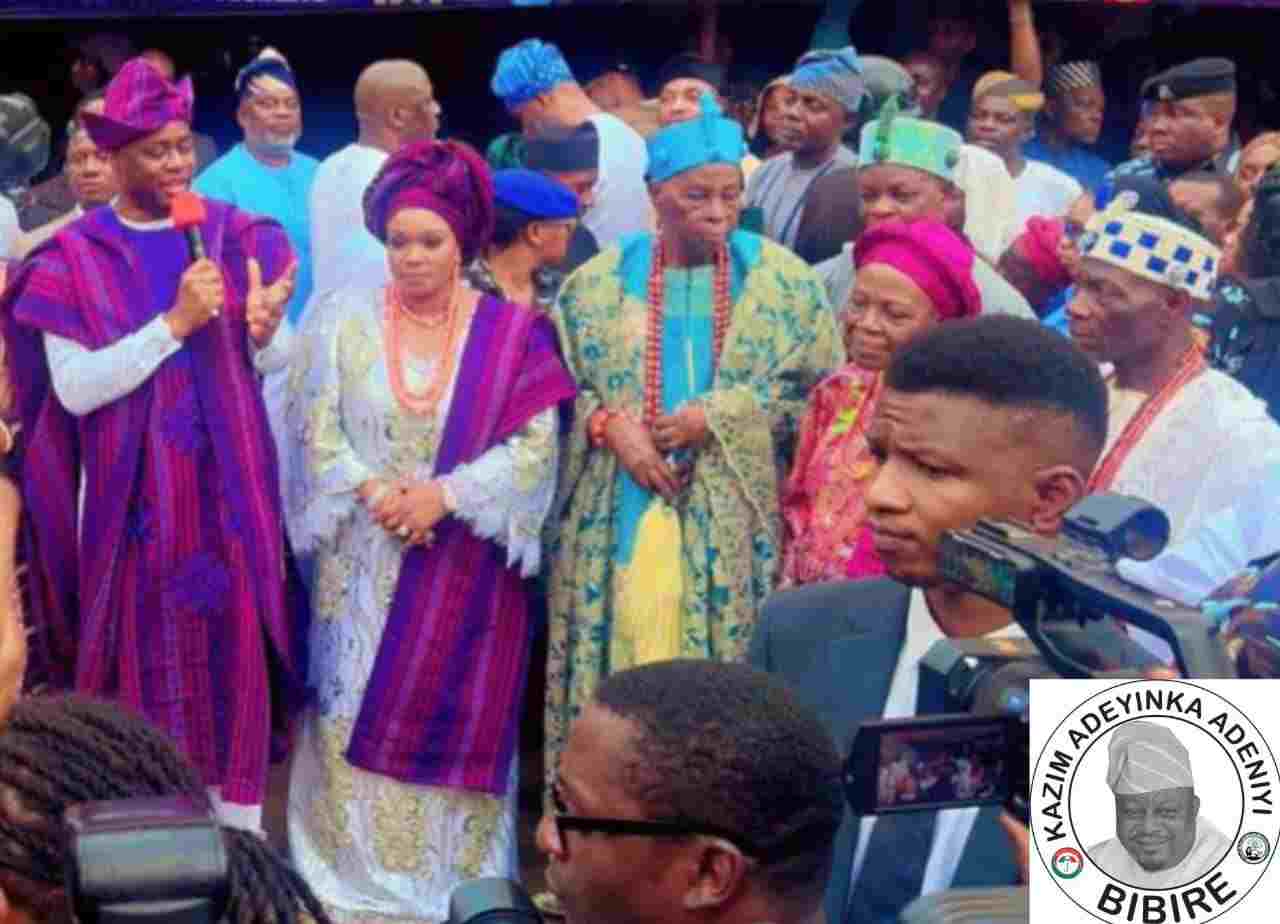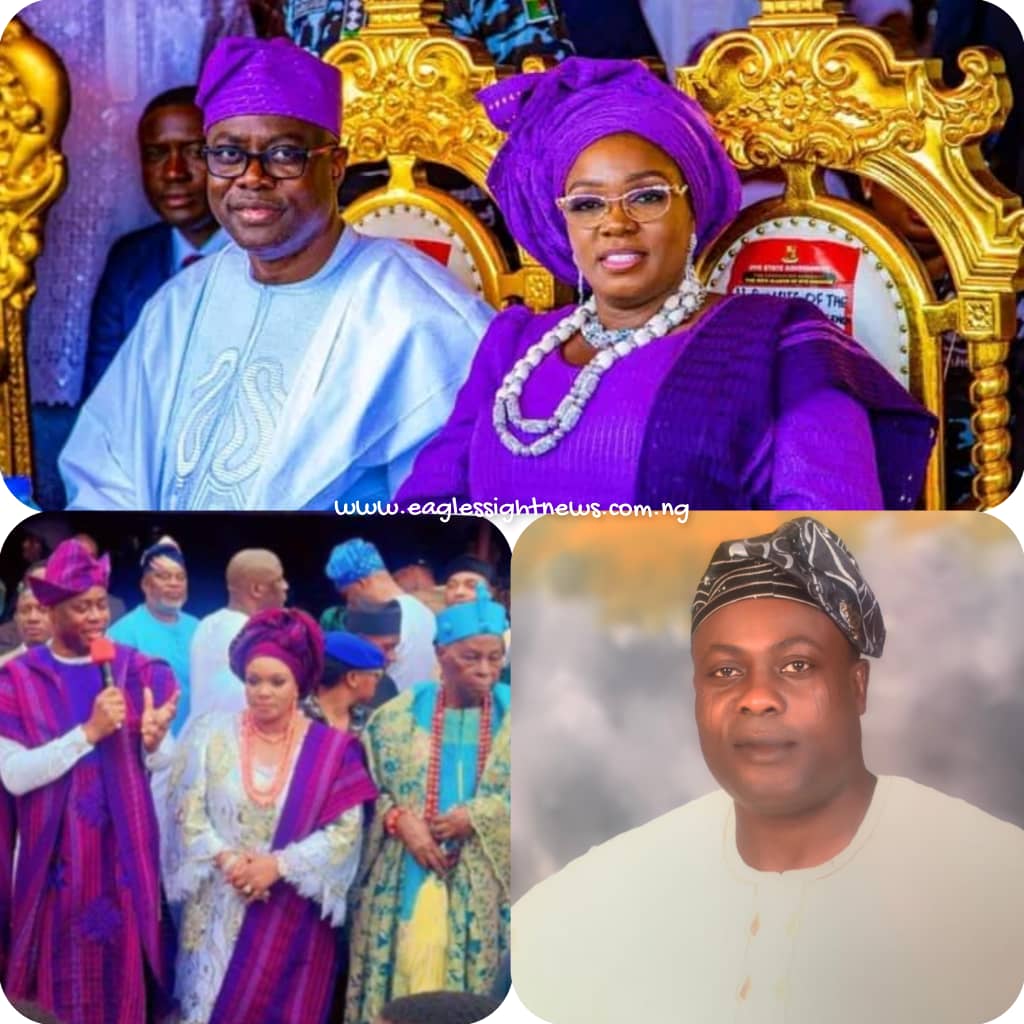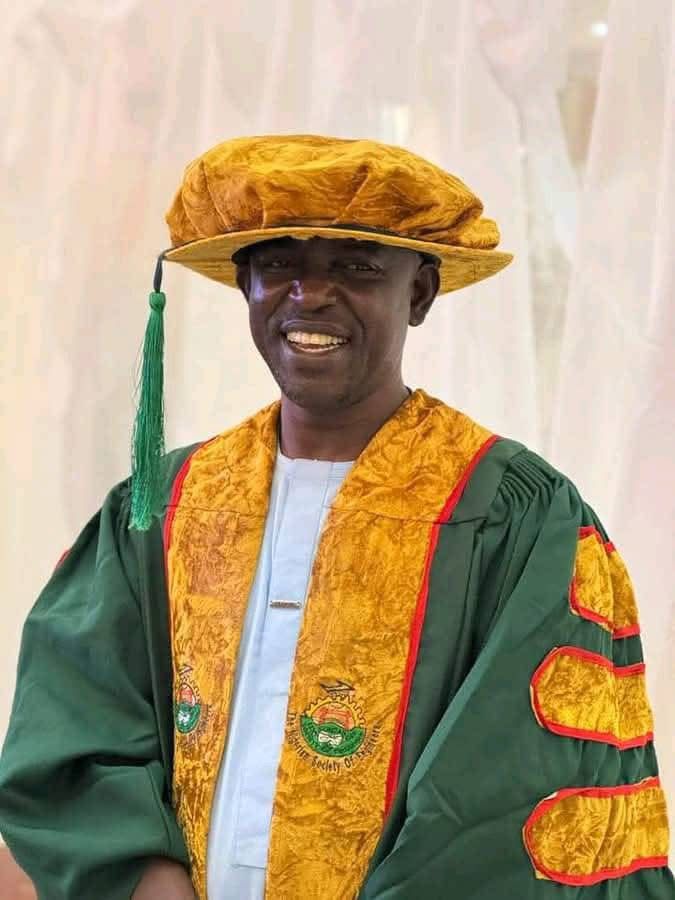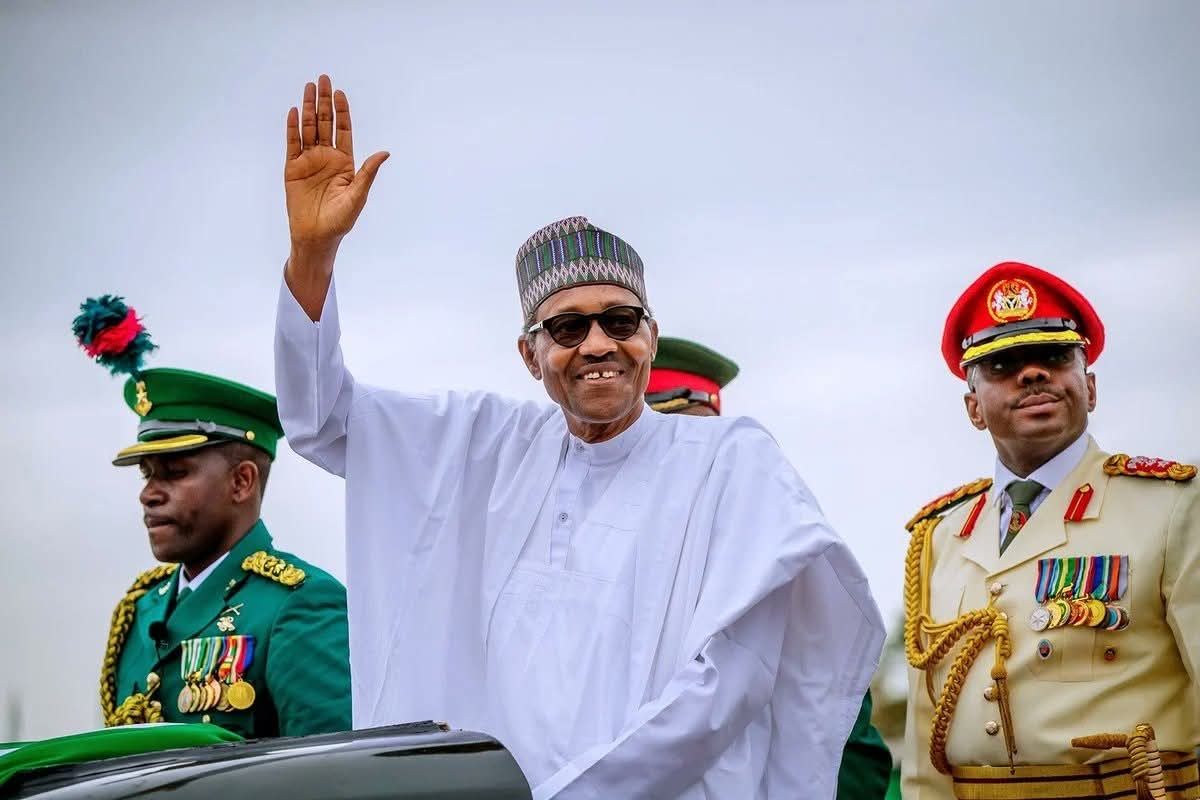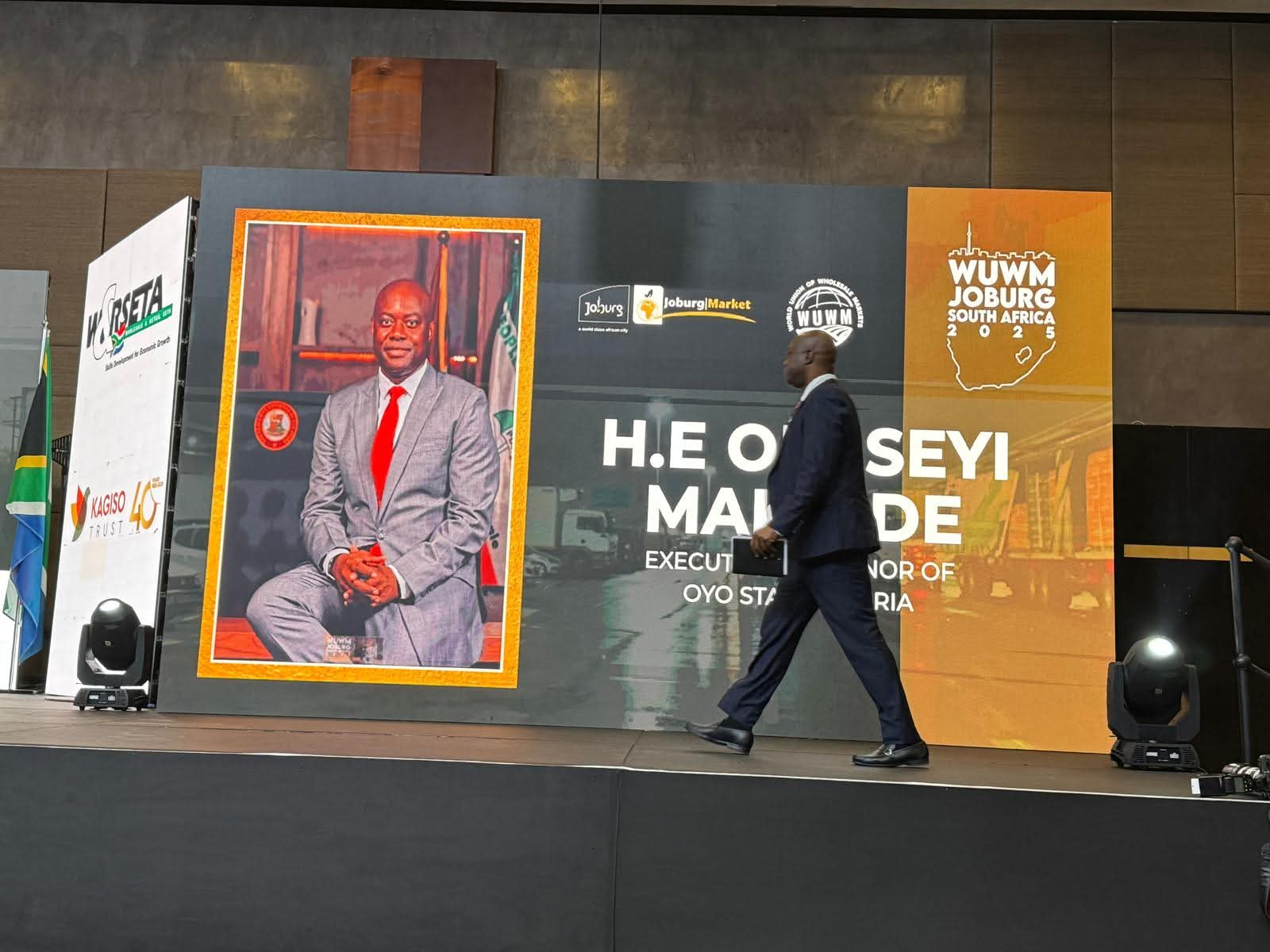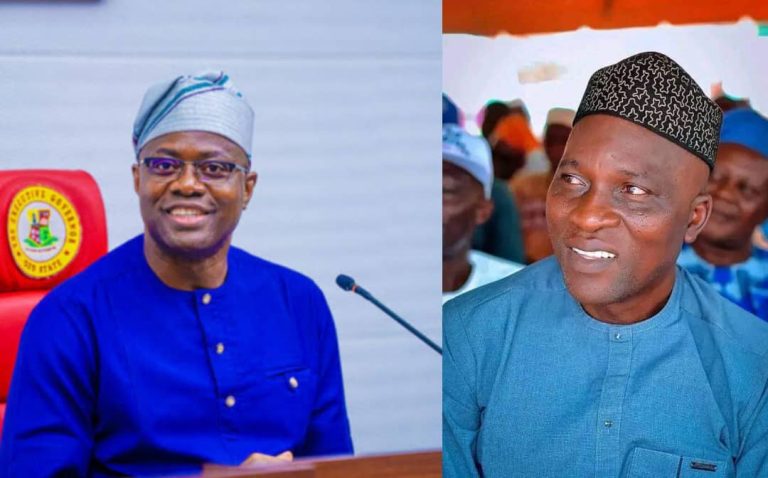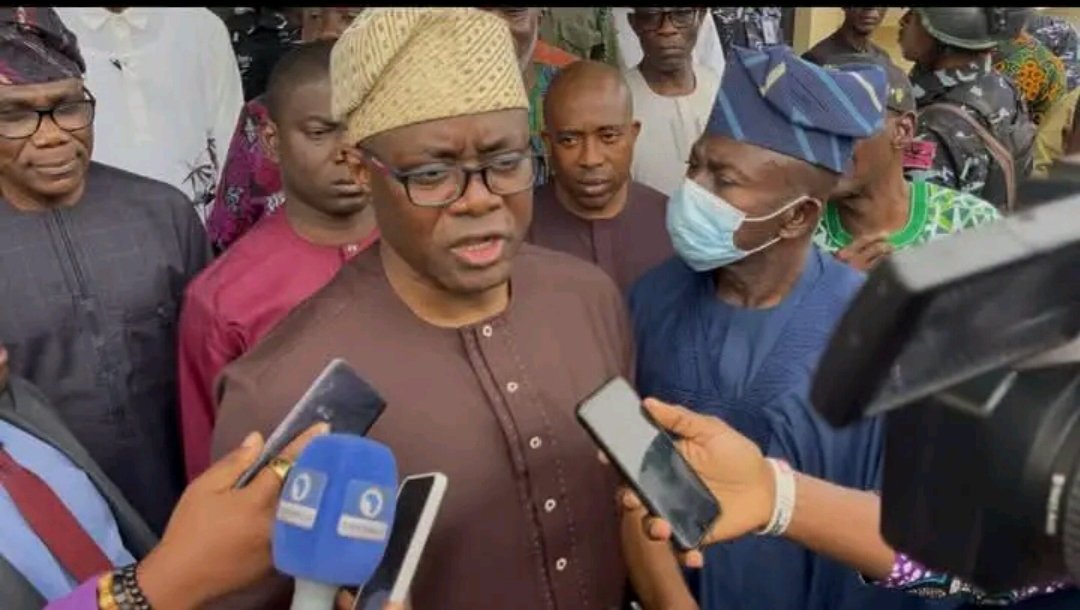TINUBU’S APPROVAL RATING IN NIGERIA: A STATISTICAL MIRAGE?
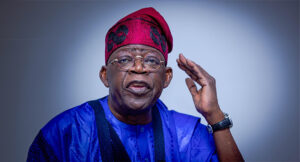

TINUBU’S APPROVAL RATING IN NIGERIA: A STATISTICAL MIRAGE?
The assertion that 62% of 1,714 Nigerians sampled in the six geopolitical zones hold the belief that the nation is progressing under this regime of Tinubu, even in the face of prevailing economic hardships, is nothing more than a deceptive statistical mirage – complete statistical fallacy. The survey in question, as reported by The Cable, was purportedly orchestrated by CMC Connect LLP, a public perception consultancy and strategic communication firm based in Lagos, in collaboration with Analysts Data Services and Resources (ADSR).
This statistical interpretation and subsequent analysis reek of a familiar and age-old ploy—a mere illusion to shroud the simmering discontent that bubbles beneath the surface of the masses.
This discontent has found resonance and expression in the recent fervent response witnessed during the protests led by the Nigerian Labour Congress (NLC) and the Trade Union Congress (TUC).
It’s worth noting that these expressions of dissent also emanate from pockets of ordinary individuals, including both men and women, predominantly from the Northern region of the country—a segment of the population not commonly associated with overt acts of public disobedience.
The duplicity inherent in these statistics becomes glaring when one delves into the manner in which the data was initially presented. The architects of this manipulation deploy their artful tricks to impress and obfuscate. They lay claim that 62% of the 1,714 participants, drawn from the six geopolitical zones, are in agreement that the current administration, despite its ruinous trajectory, will propel the country forward. Yet, they conveniently overlook the undeniable truth exposed by their own survey—a dissenting 38%, coupled with a significant undercurrent of indifference.
You may missLJust In:Tribunal Reserves Judgment On Atiku’s Petition
However, when this carefully selected sample is projected onto the broader canvas of the entire population, the true picture begins to emerge. 38% of the entire Nigerian populace, estimated at 213.4 million, amounts to a staggering 81,191,200 individuals. This number assumes a position of profound significance when juxtaposed against the backdrop of the 133 million Nigerians languishing in the clutches of multidimensional poverty, as reported by the National Bureau of Statistics (NBS).
Furthermore, the mosaic of this survey is marred by notable omissions—critical components such as the suspension of Godwin Emefiele from his role as governor of the Central Bank of Nigeria (CBN), the sidelining of Abdulrasheed Bawa as the chairman of the Economic and Financial Crimes Commission (EFCC), and the controversial removal of petrol subsidies are shrouded in deliberate silence.
These omissions serve as a testament to a strategic maneuver aimed at steering the interpretation of results in a predetermined direction, one that conveniently disregards vital elements of the narrative.
Indeed, I concur that this survey serves as a reflection of a complex and multifaceted consciousness that permeates the population—a consciousness born of intricate social and economic dynamics that extend far beyond mere statistical facades.
By
Moshood ADEBOLA OSHUNFUREWA
08035936663
Award winning mathematician and member of Youth Rights Campaign (YRC)
Lagos, Nigeria

